OCCIDENTAL MINDORO, April 23, 2021 – Completing the series of project monitoring activities in Occidental Mindoro, the Department of Agriculture – Special Area for Agricultural Development (DA-SAAD) Program team’s last stop are the associations in Calawag, Magsaysay.
The reassembly of staff opened learning opportunities, of which collaborations and partnerships with different units radiate.
Chicken egg project aiming to supply whole community
Recently being featured for their consistent entrepreneurial activity, the Poultry Calawag Association (PCA) welcomed the SAAD national and provincial staff to their chicken housing where some 200 Lohmann breed chickens were managed for the Ready-to-Lay Chicken Egg Production Project.
Each month, the association produces more than 4,000 eggs since the December 2020 turnover. SAAD Program Director Myer G. Mula recommended putting up a monitoring board, discussing with PCA members the advantages of good monitoring methods.
As monthly supply runs out easily, the association hopes to expand its production targeting a sufficient supply of eggs for the whole community and nearby barangay units.
In response, a repopulation of the chickens was raised by Director Mula to multiply the association’s production.
Overcoming challenges
Meanwhile, in the same barangay, members of the Calawag Service Provider Association (CSPA) welcomed the SAAD team in their project-initiated shed, where farm machine units given under the Provision of Machinery to Service Provider project were kept.
The association currently owns three hand tractors turned over in July 2019 with the machine shed.
Some of the advantages of the visit with the program beneficiaries are the officials a) seeing and hearing first-hand management methods of the project and identifying the pros and cons of each unique method; b) possessing primary information for initial assessment of what would and could be done to increase project efficiency, or which good practices favor sustainability; and c) peeking at the real condition of the beneficiaries on the field.
One of the challenges of the CSPA is its vulnerability to weather disturbances, which wears out the shed where the machines are kept.
As the SAAD officials walk the beneficiaries to possible resolutions through discussion, they finally resolved to fortify their shed (from steel pillars to concrete pillars) and expand services by adding a welding machine (will be bought from the association’s income) for extra income and for machinery repairs and maintenance.
The process of consultation and solution-making participated by the officials is a clear indication of the program’s intention to help the people cross beyond the margin of poverty.
Walk the talk: learning WITH and FOR the people
Director Mula gathered all the program area coordinators (ACs) in a venue in Magsaysay for a one-on-one meeting to talk about their challenges and strong points in program implementation.
ACs are the vessels of development, and the program chief commended and assured them that their efforts are seen and essential for effective program implementation, evident with the success of different established associations.
The group also strategized as to how to continue to penetrate, and help the beneficiaries, in the End Local Communist Armed Conflict (ELCAC) areas, so the program could still reach the marginalized people.
Director Mula pointed out that effective communication and coordination are keys against many hindrances and unseen circumstances encountered that will hamper the development program implementation.
Most of Occidental Mindoro’s ACs belong to the youth sector and are positioned in the frontline of the program. Therefore, he encouraged them to use this to their advantage. For example, their adaptability to different technological developments can be beneficial in transferring knowledge and even the promotion of the program.
Fortunately, Agricultural Training Institute (ATI) Deputy Director, Dr. Rosana P. Mula, an expert in extension work, also present in the venue, offered and extended ATI’s services to upscale the AC’s skills to deliver the program and training to the communities more effectively.
She ensured that the ATI will accommodate its staff and opens all possible learning and training opportunities through Region 4-B’s ATI Center Director, Pat Andrew B. Barrientos, who is also present in the meeting.
ATI Deputy Director, Dr. Mula suggested that the staff should “walk the talk” – and grab the opportunities to engage themselves in farming and agriculture as they do with the beneficiaries. She mentions the importance of extension workers’ interpersonal skills to establish impactful relationships with the target communities and lead them to meaningful participation.
Director Barrientos on the other hand suggested a needs assessment for the ACs to determine how the ATI Region 4B could effectively help them deliver the program.
In the end, the SAAD MIMAROPA staff are left with hope and refreshed pact as they have seen more opportunities to effectively deliver service to their own communities. ###
Writers:
Jessamae Gabon, SAAD NPMO Information Officer
Dianne Francis Sy, SAAD RPMSO 4B Information Officer
Source: Vilmar Robes, SAAD Area Coordinator, Magsaysay

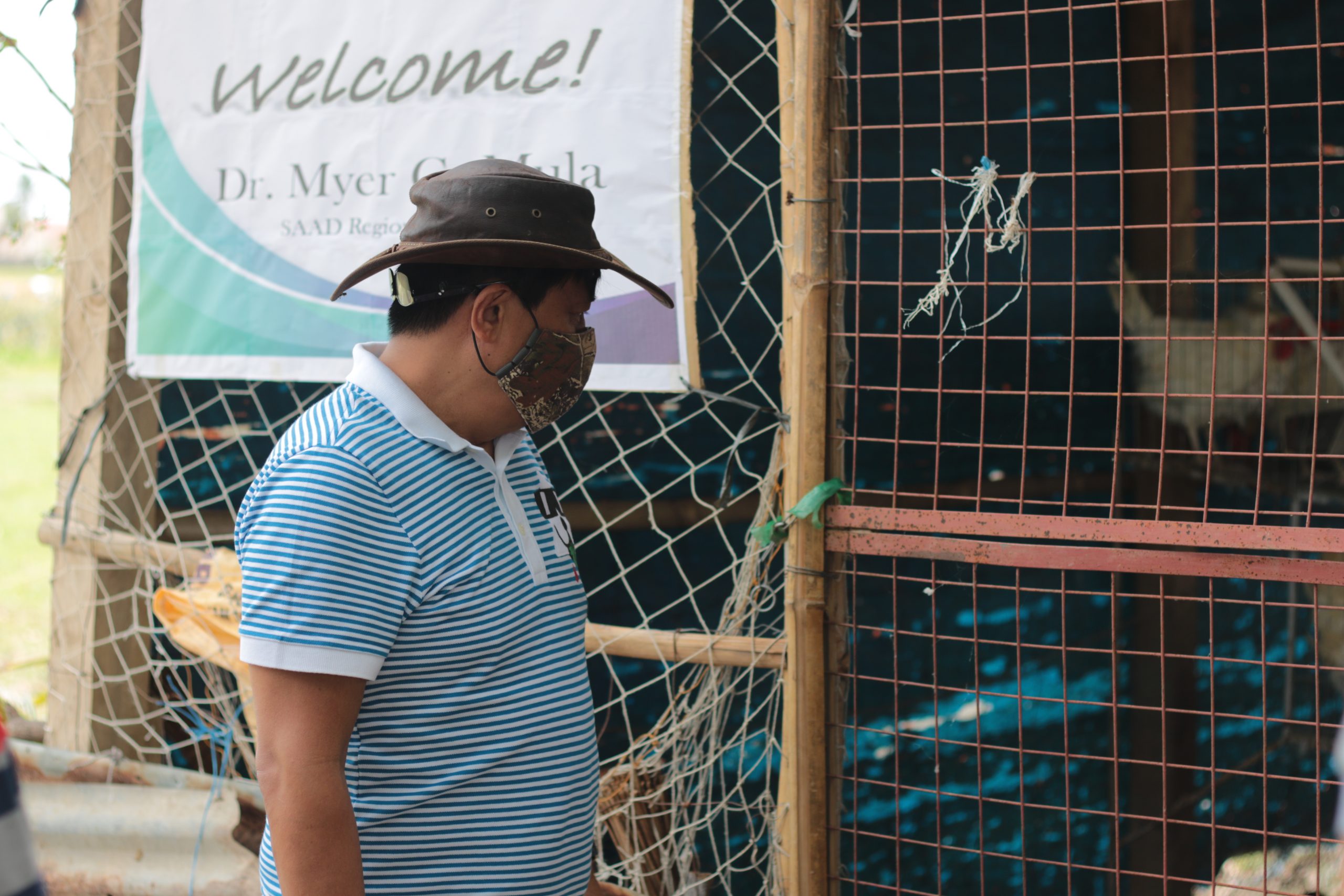
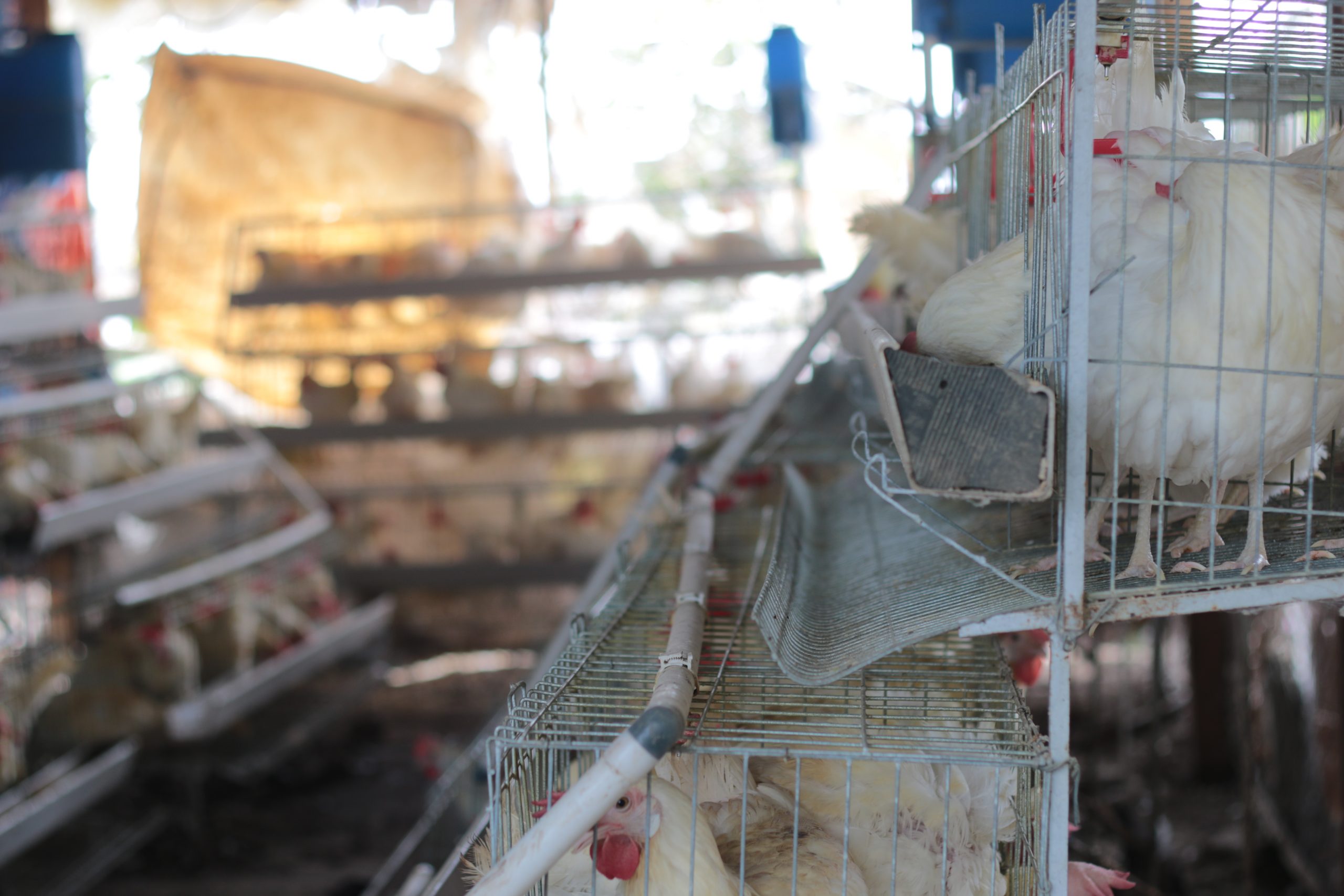
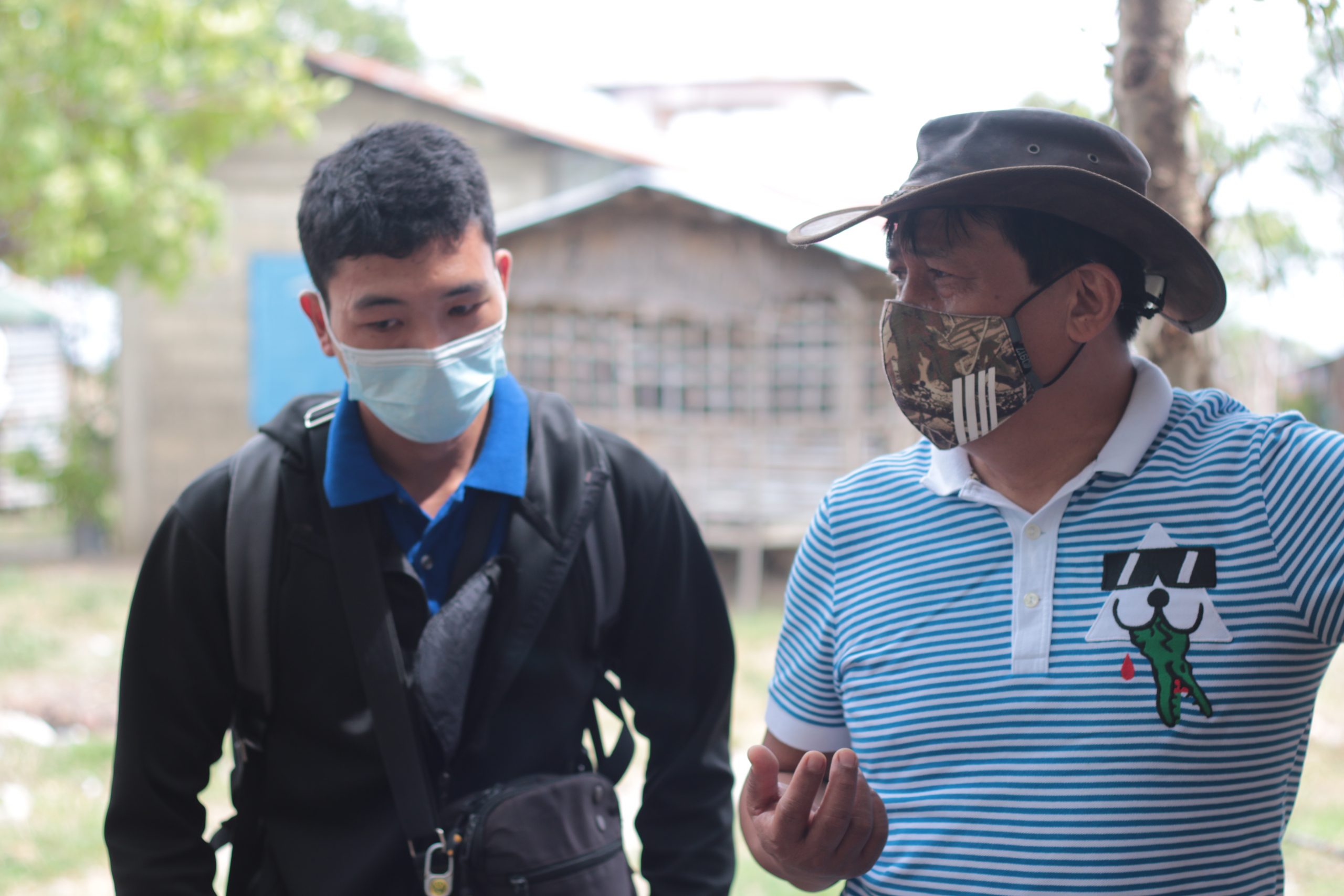


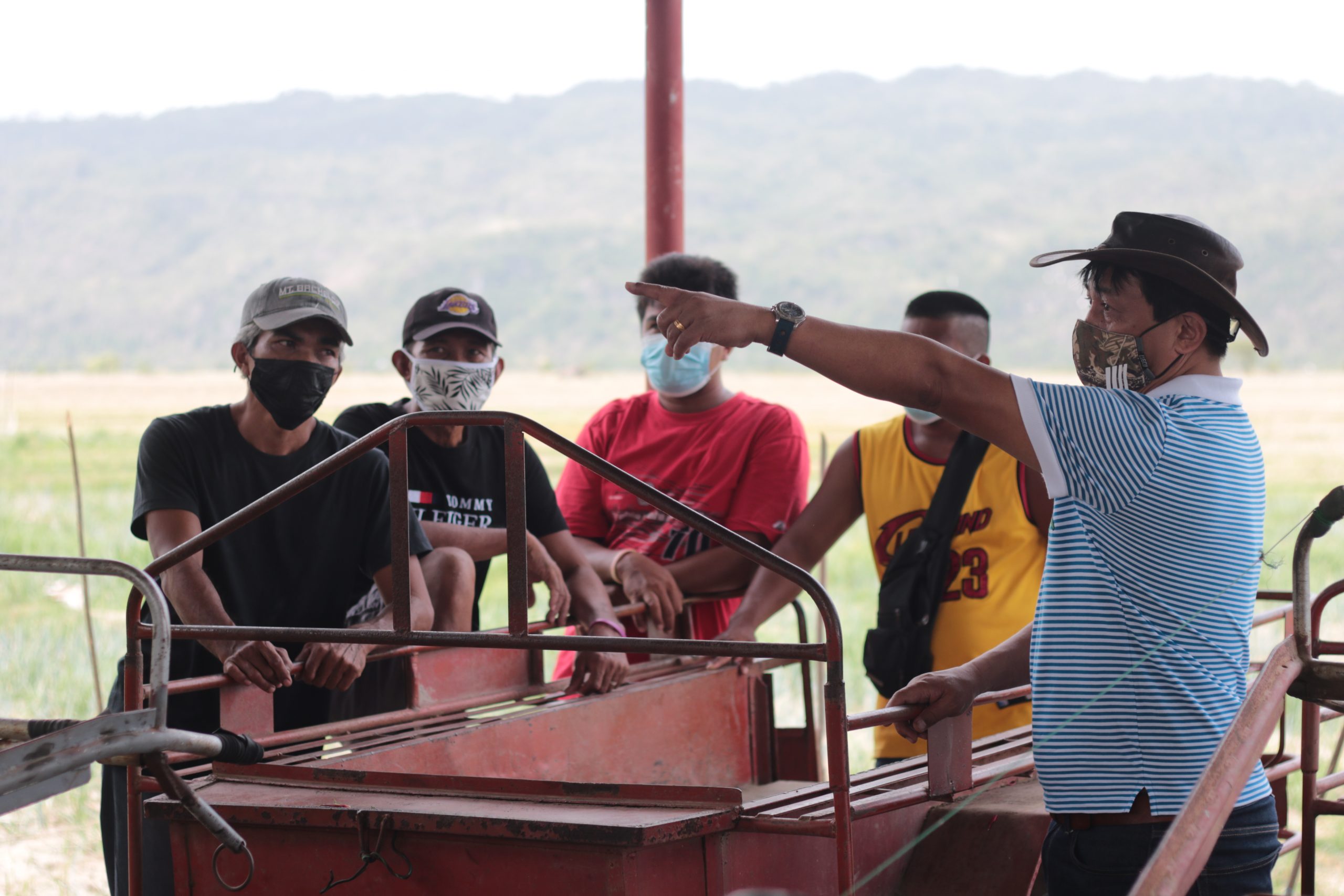
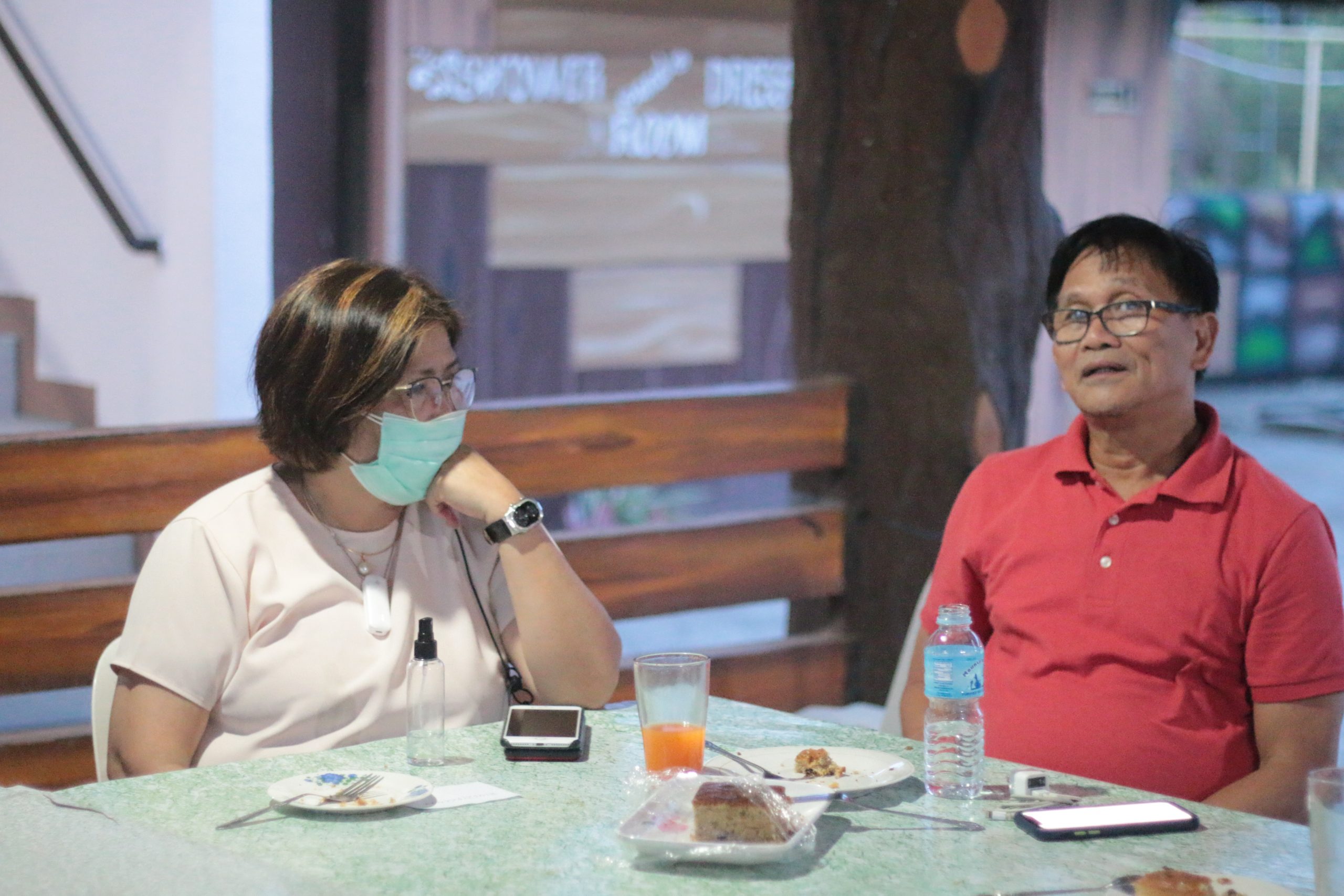
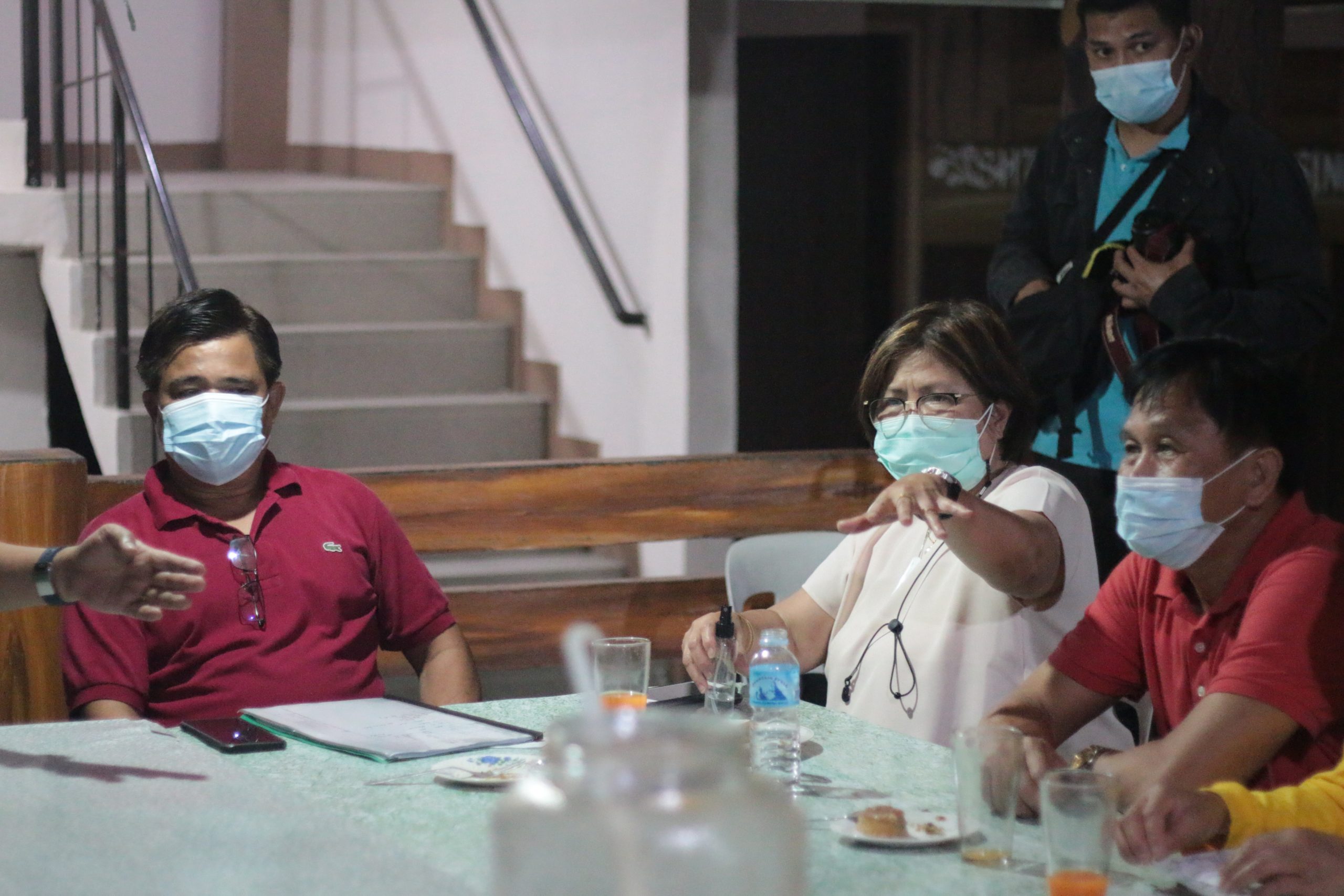
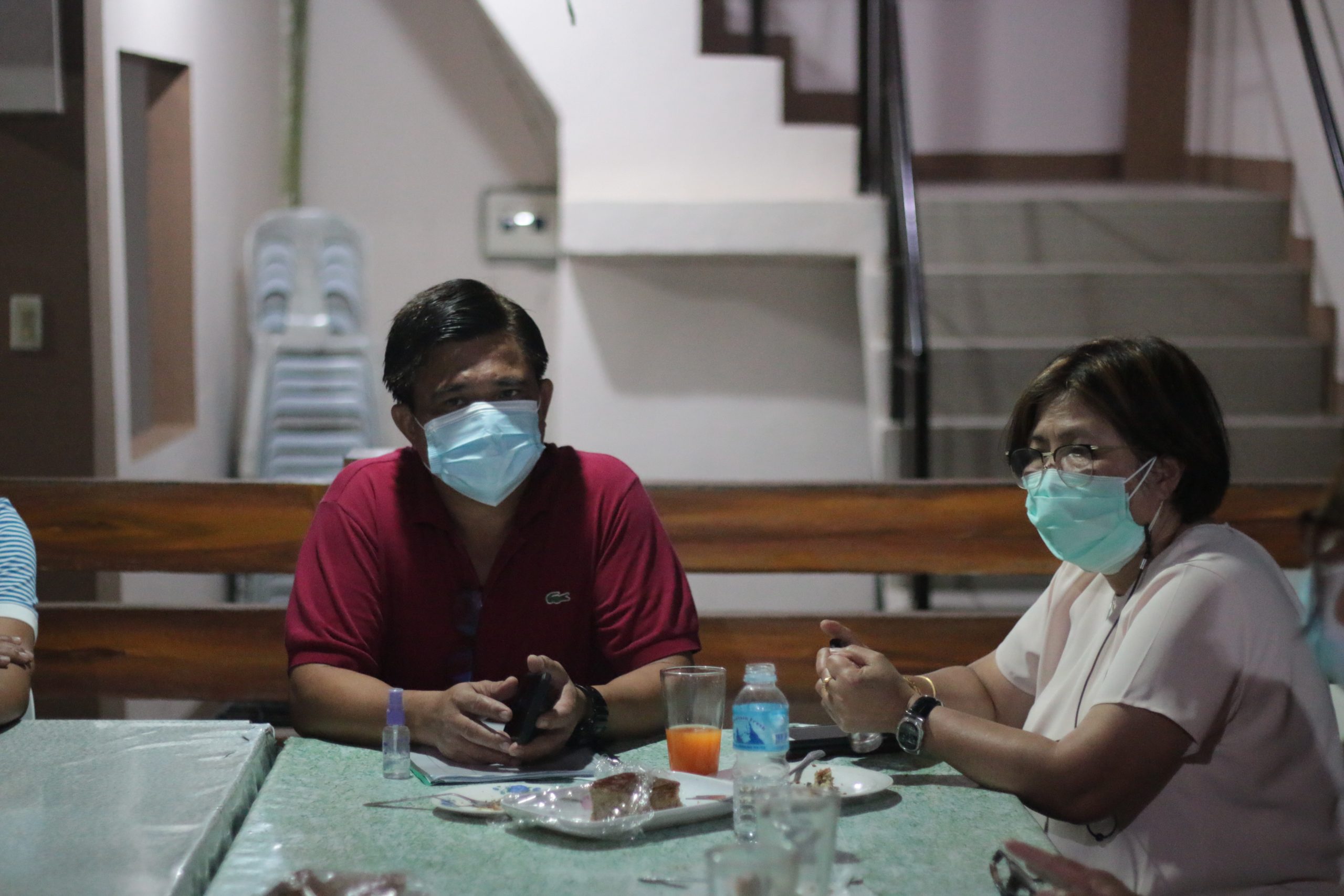
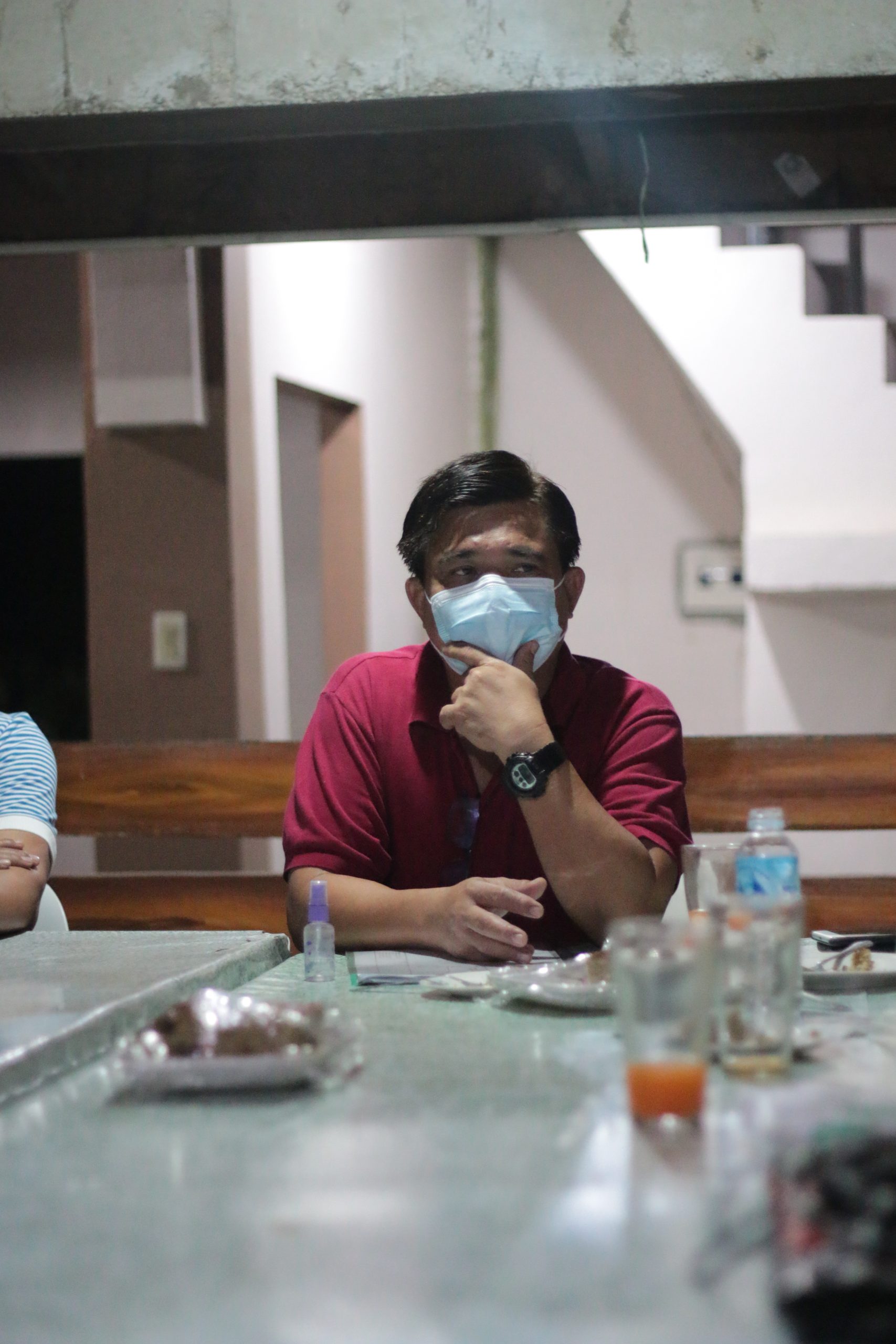

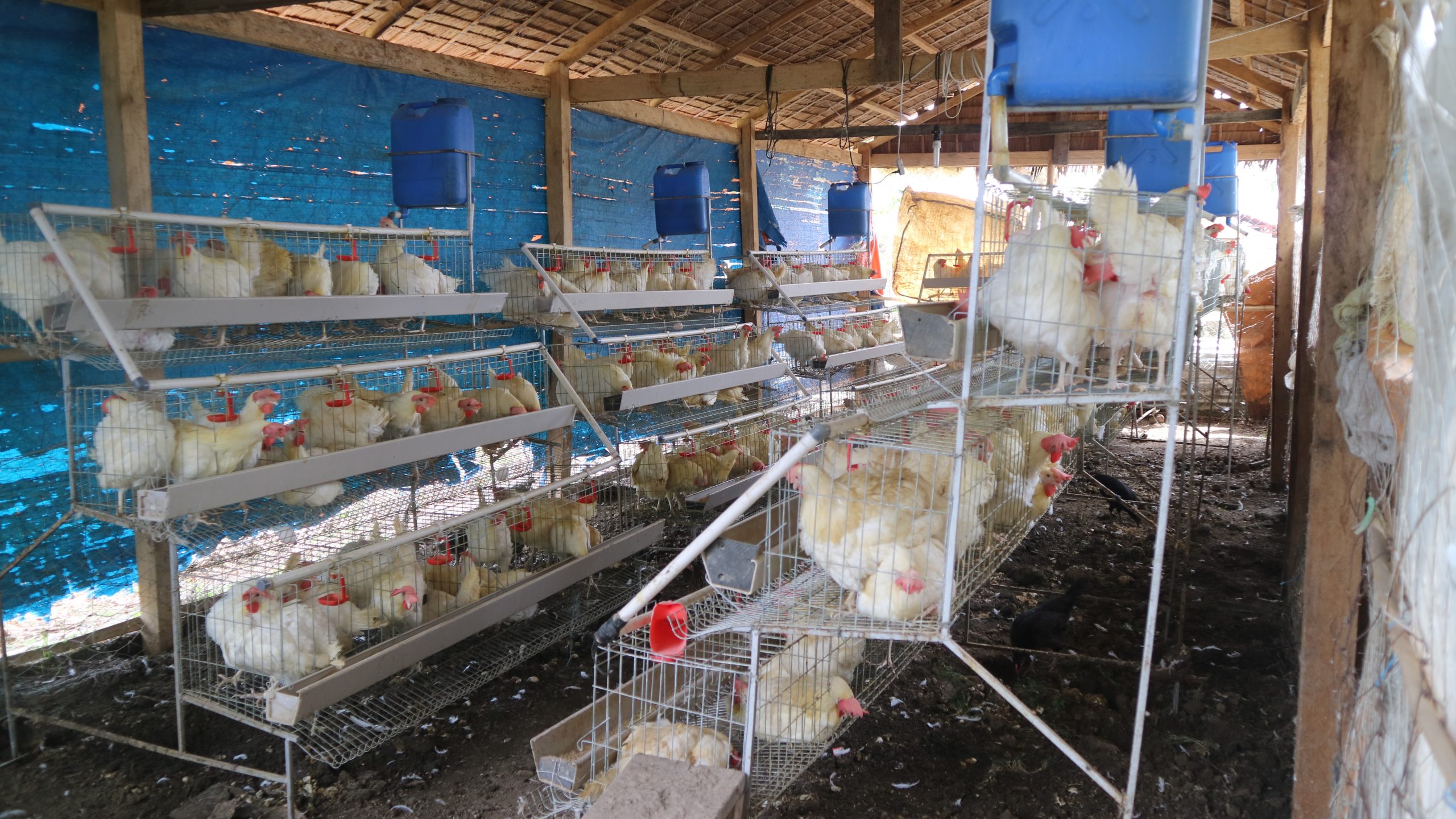
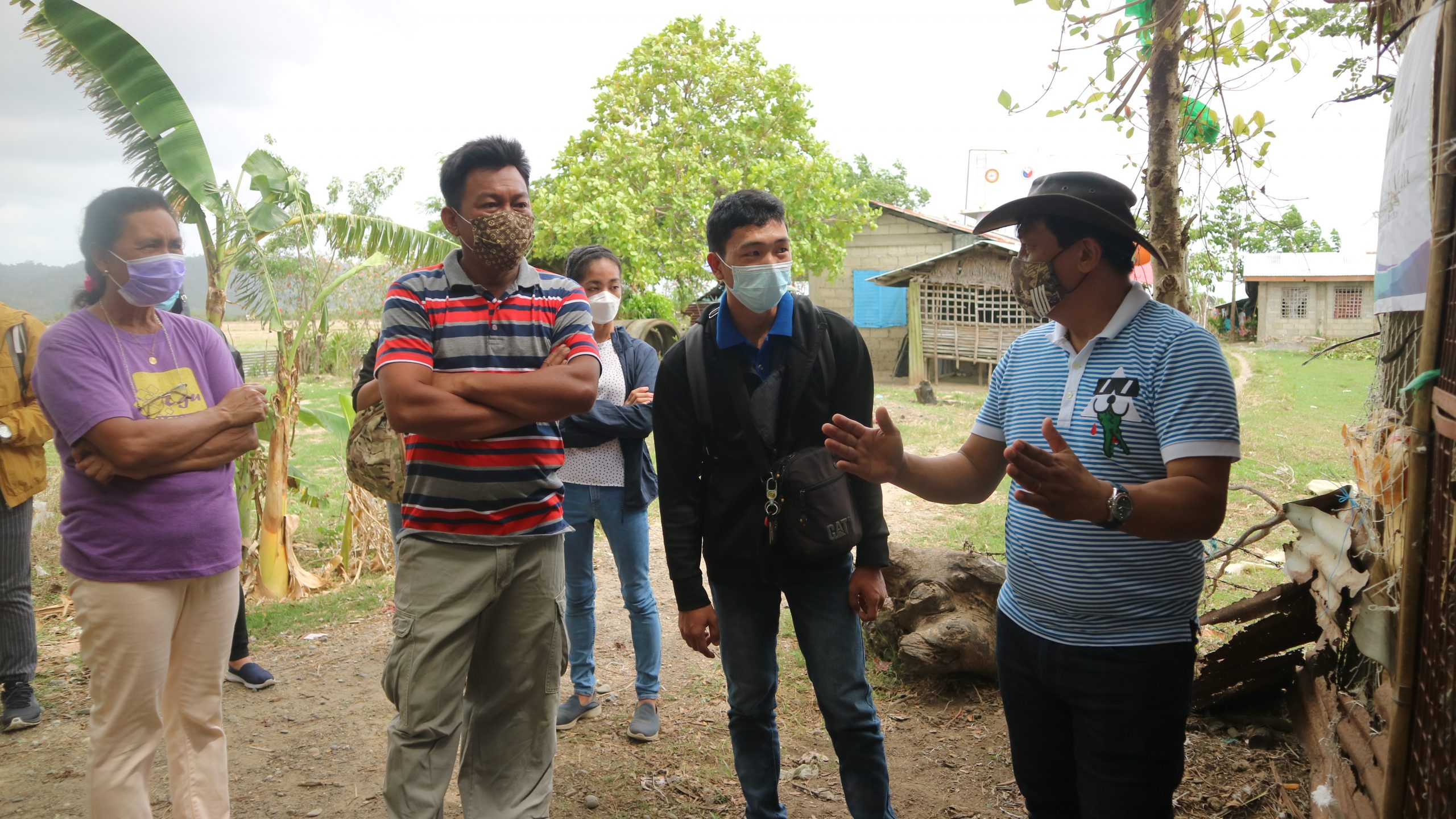
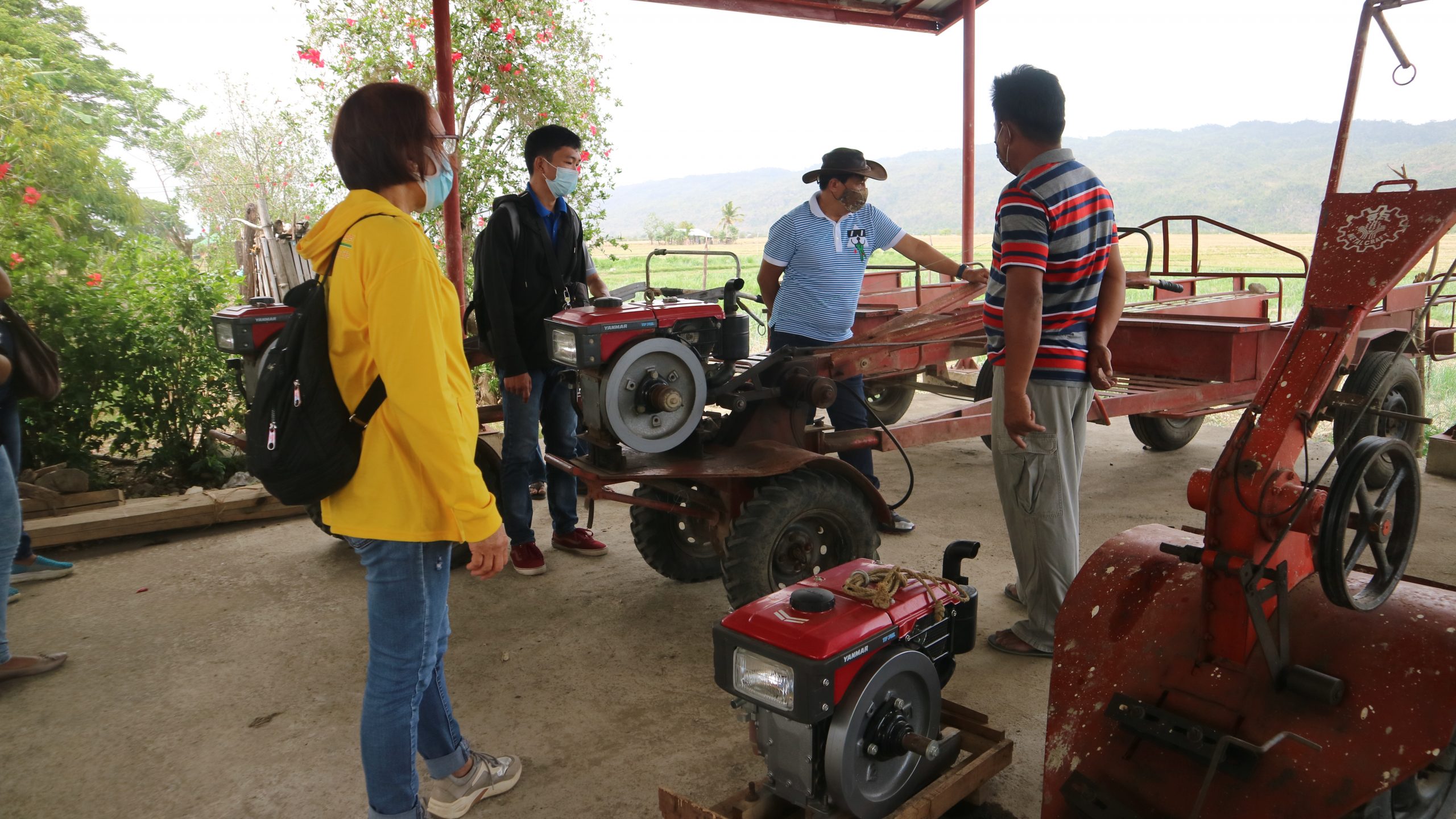
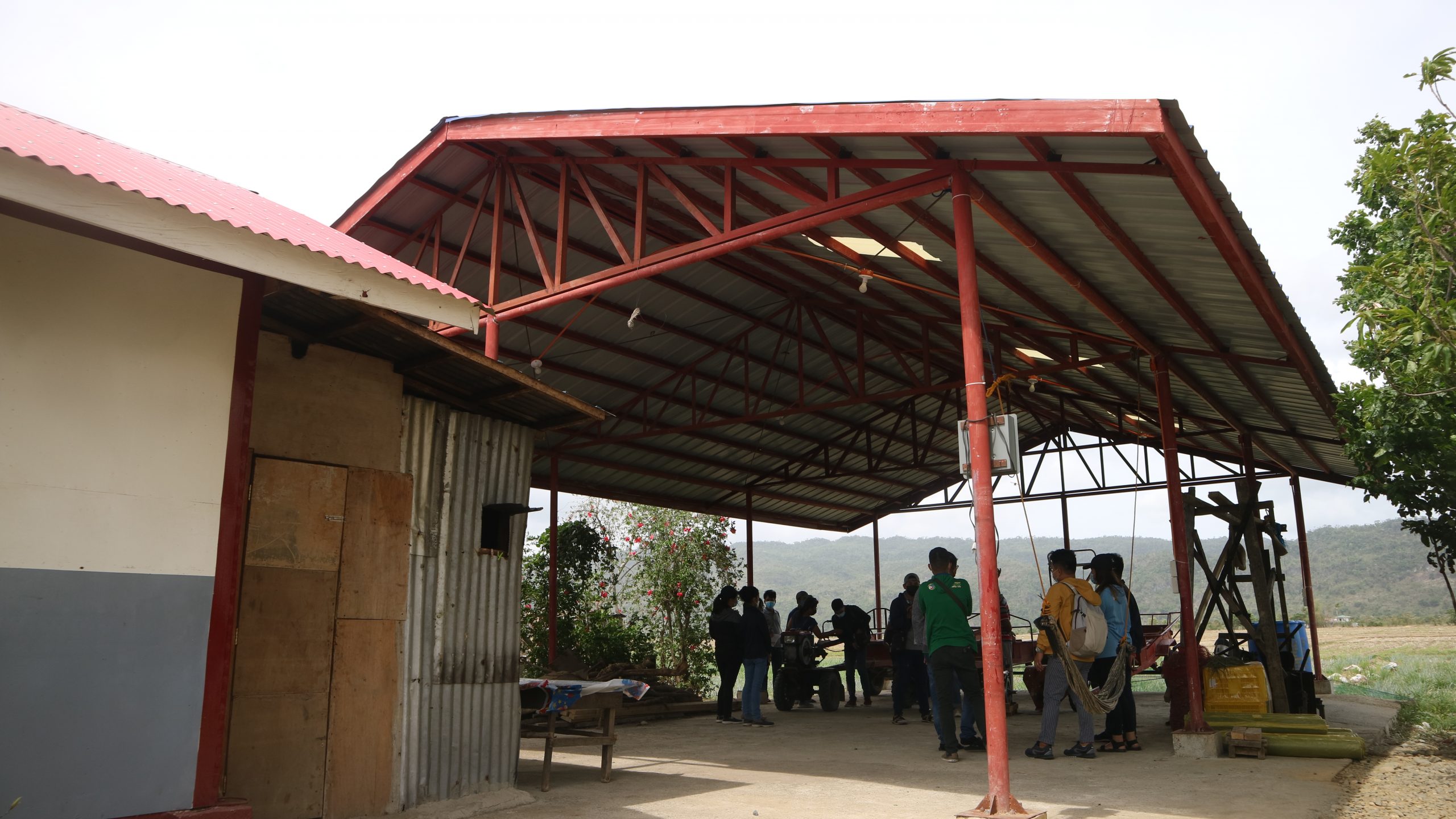
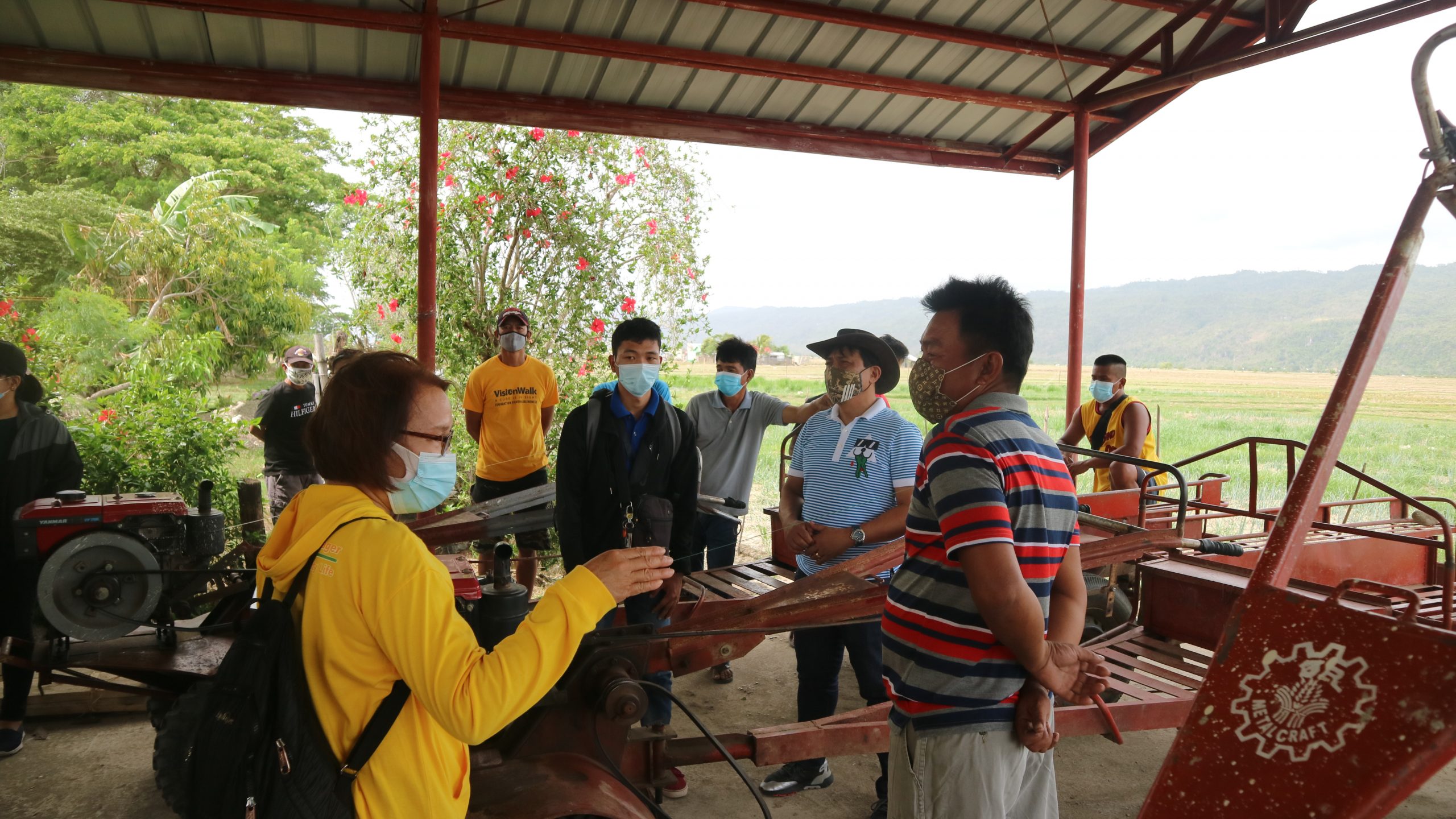
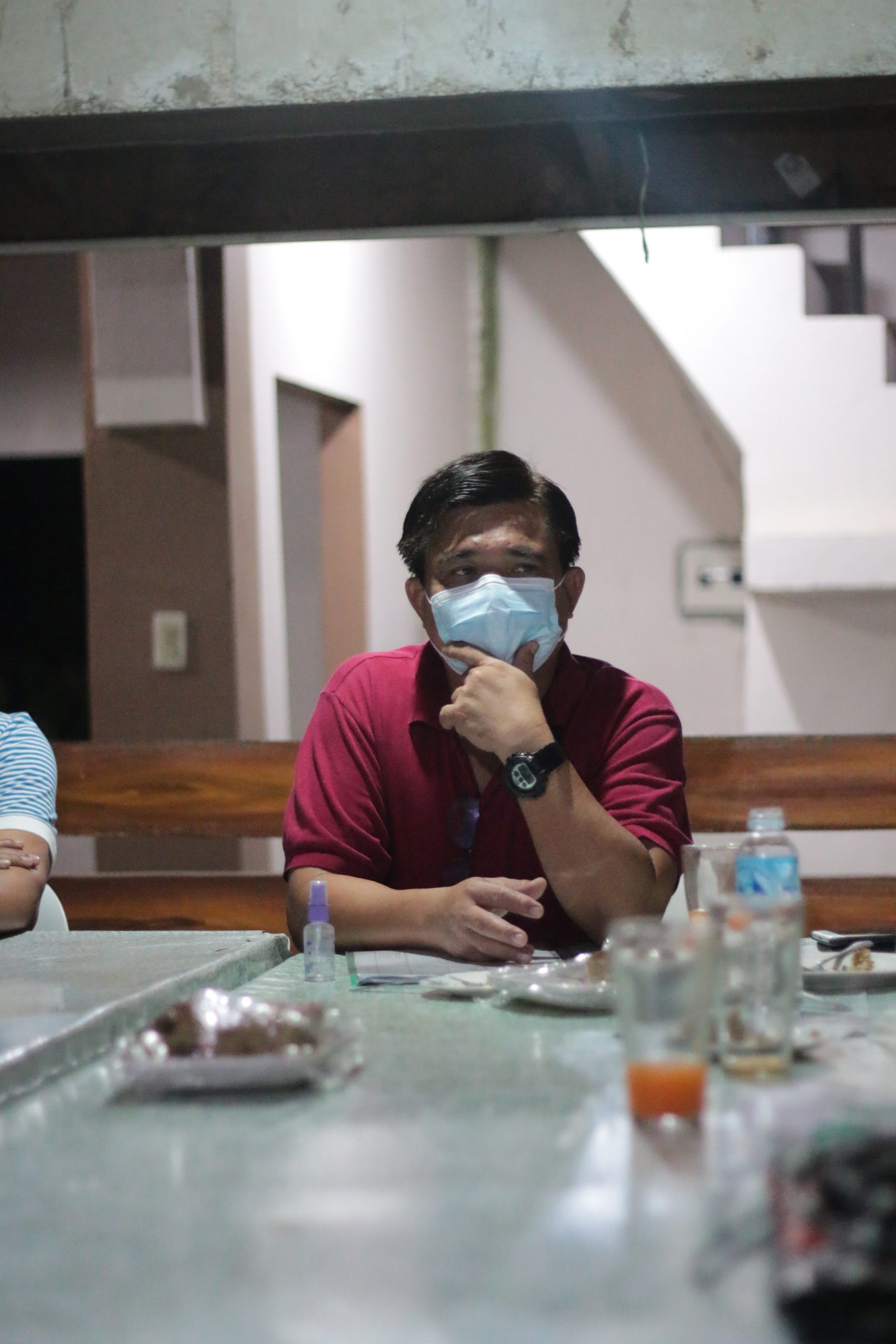
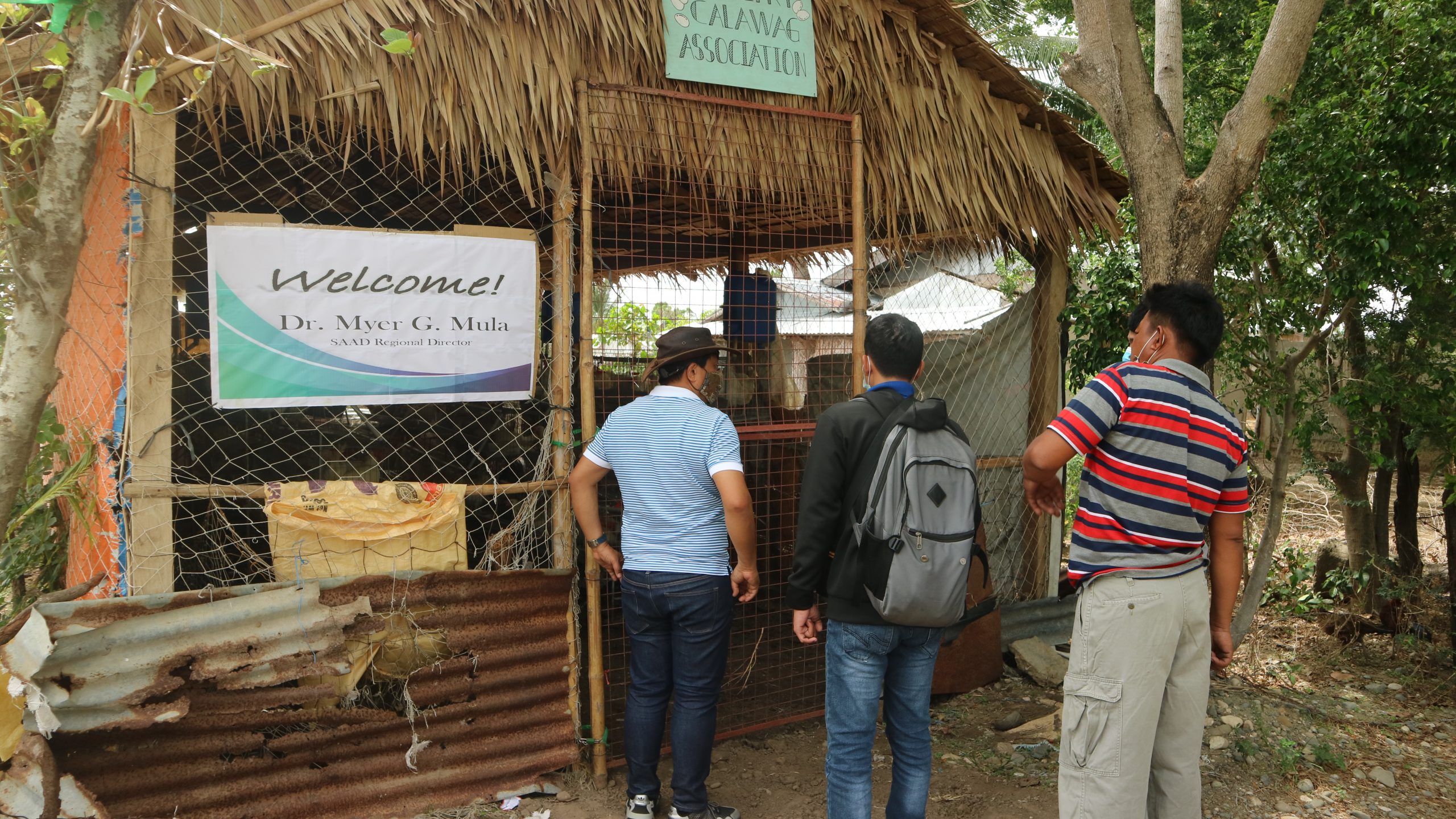
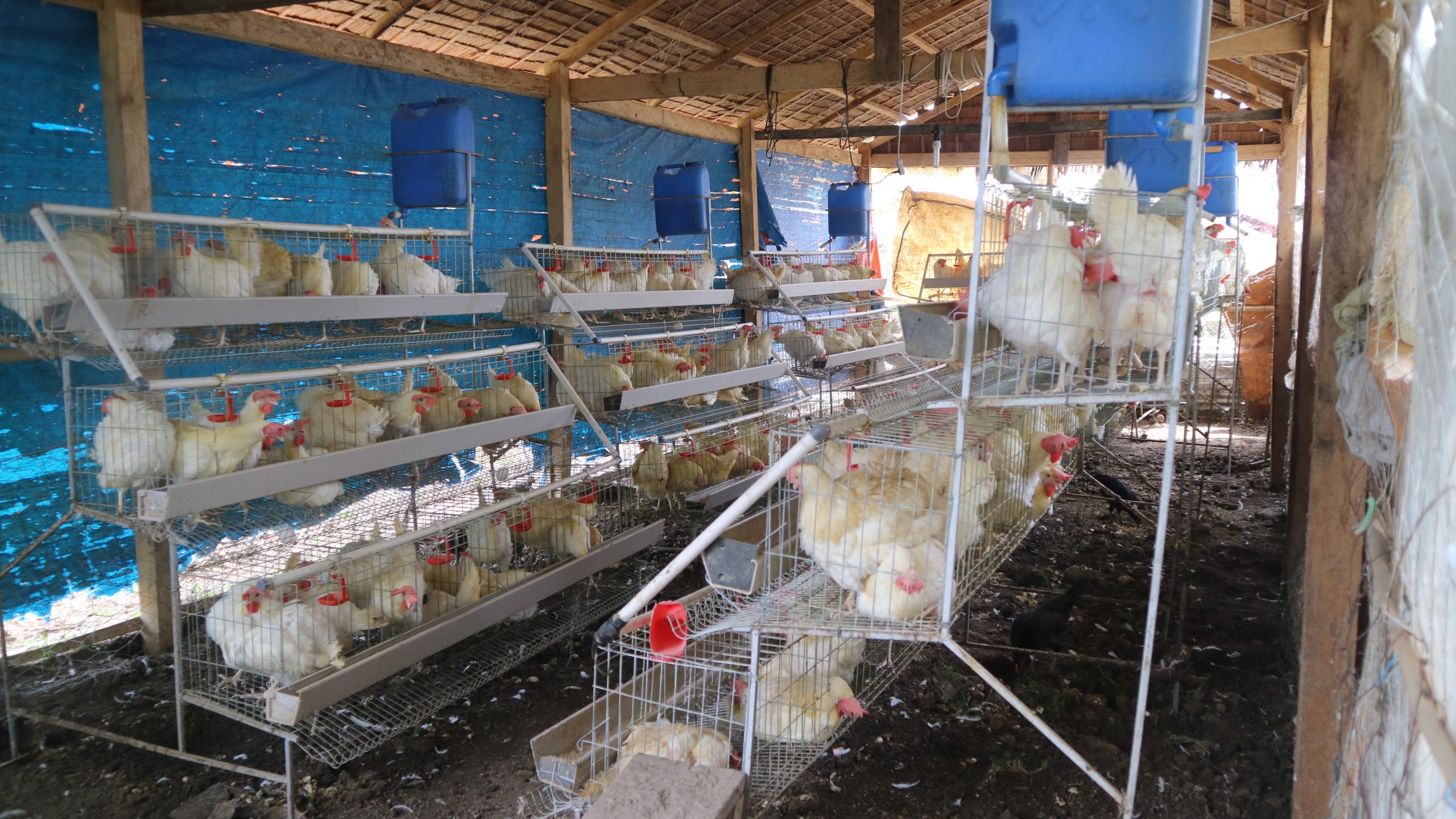
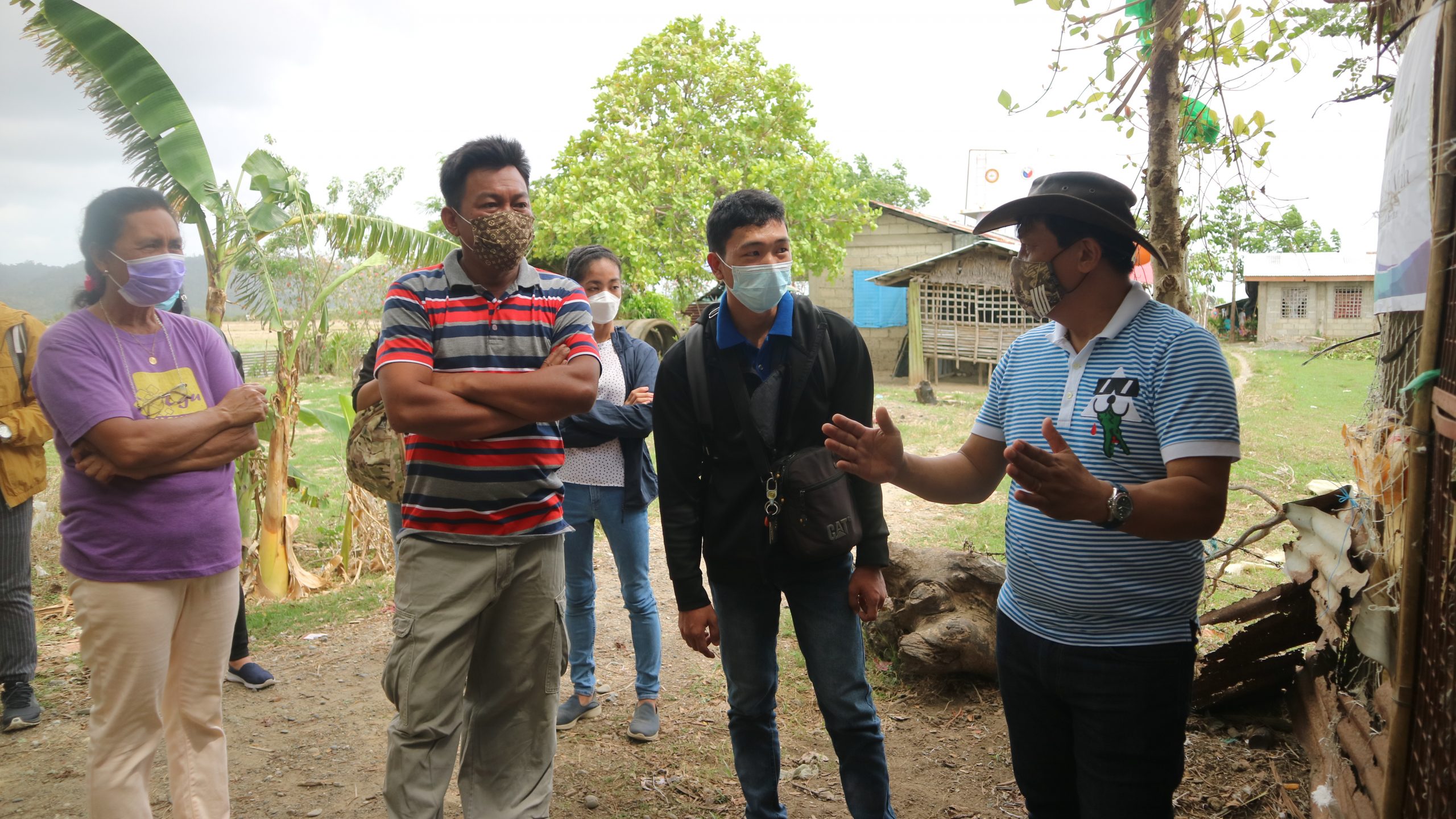
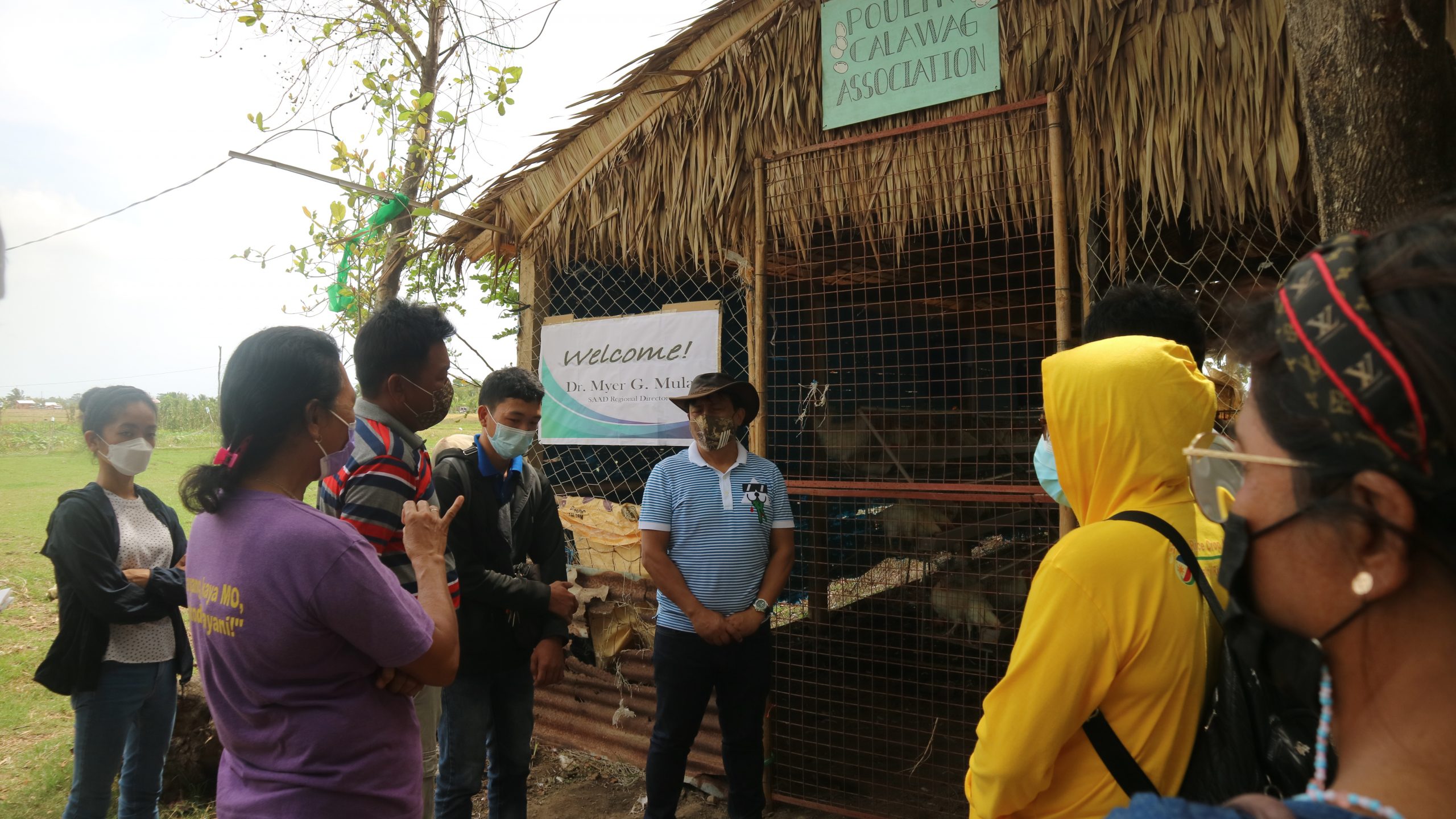
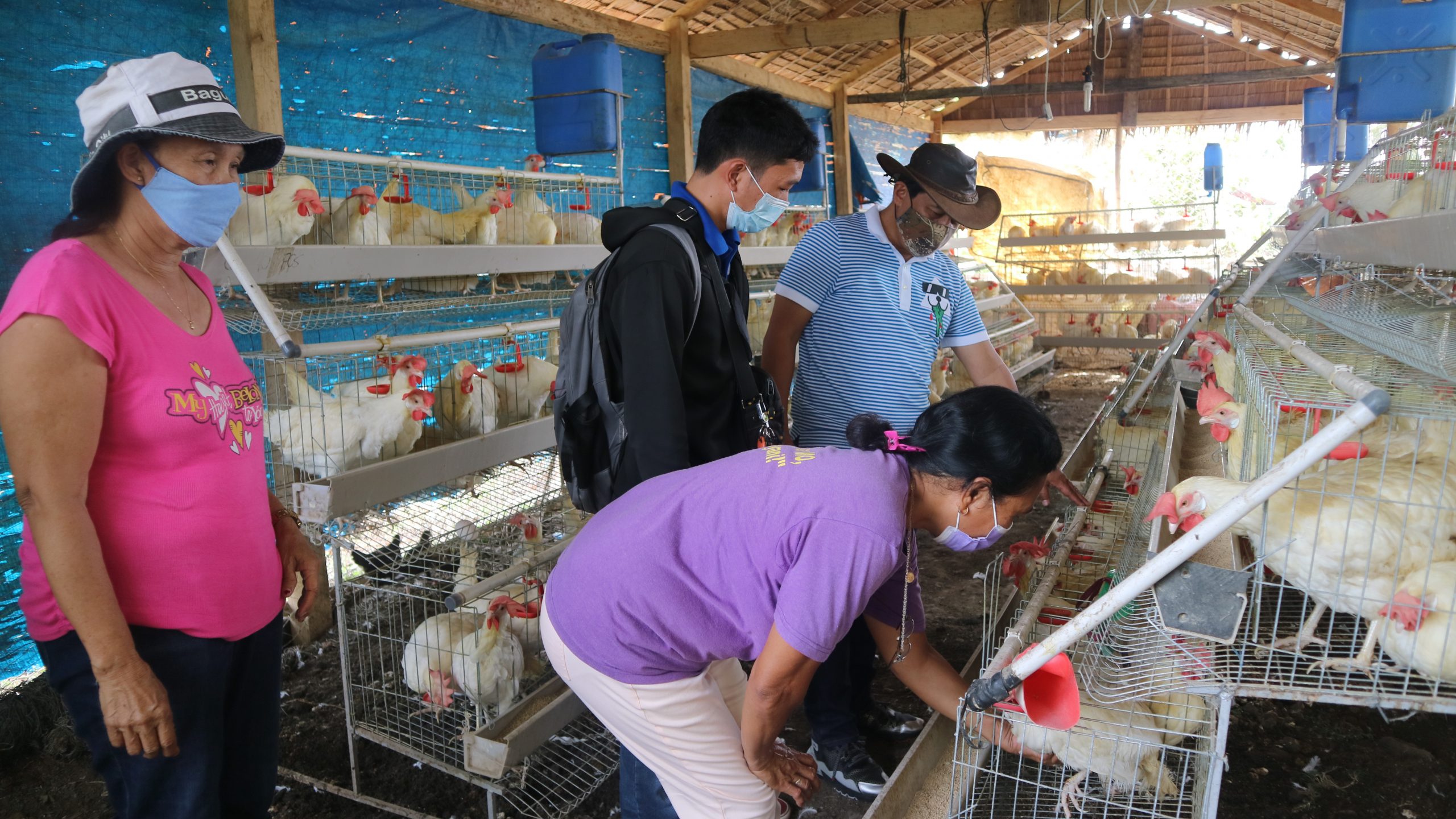
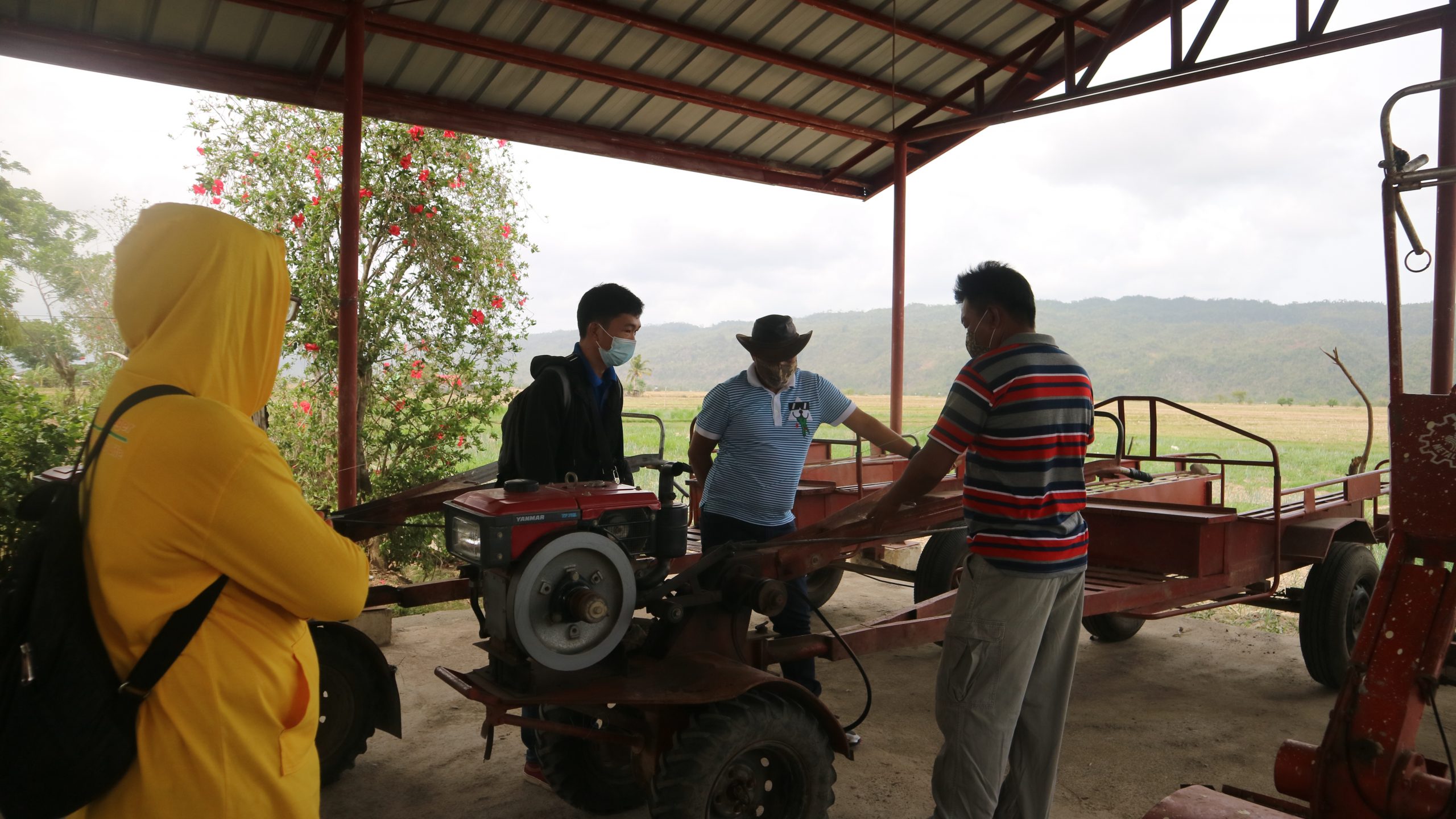
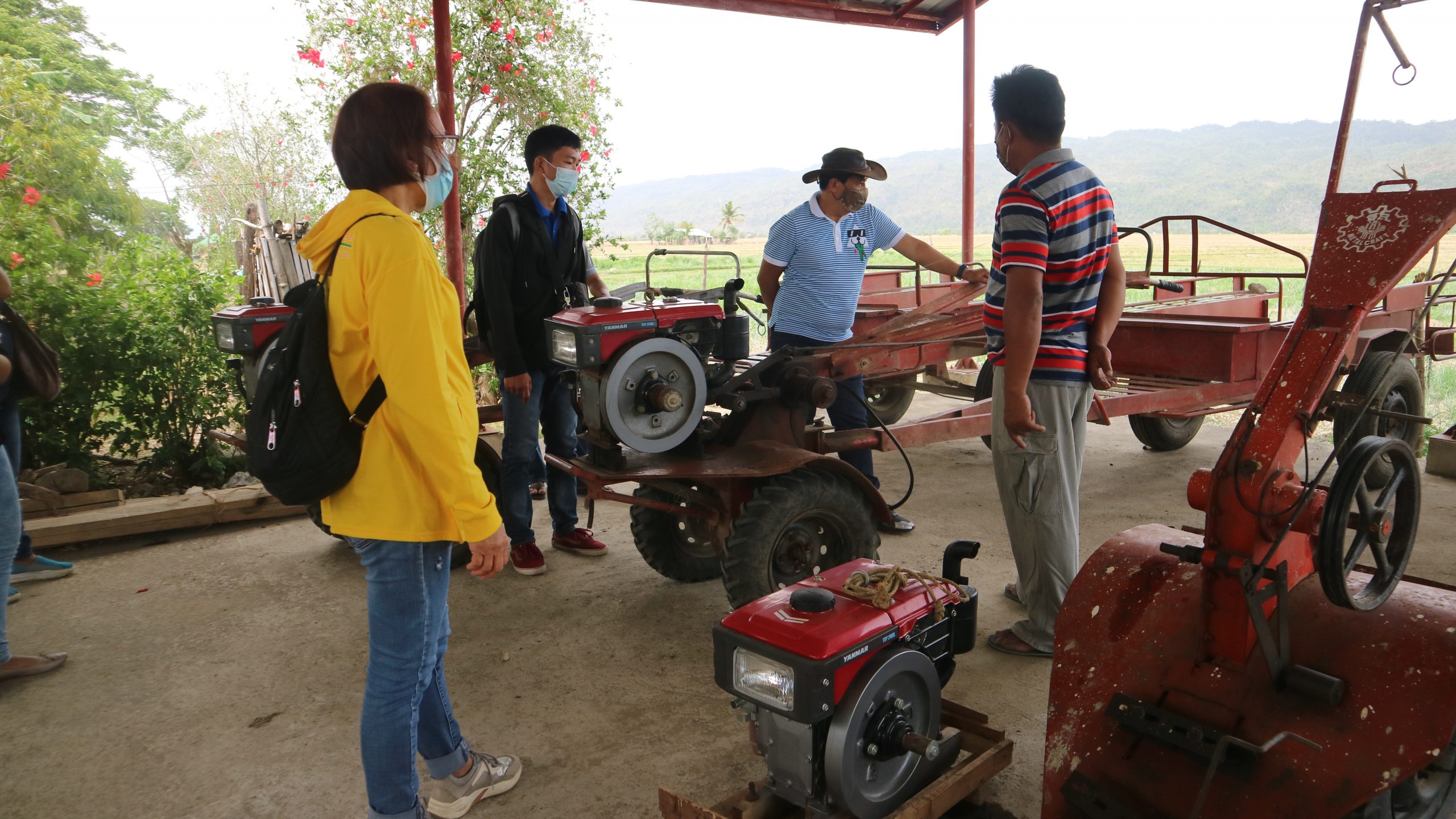
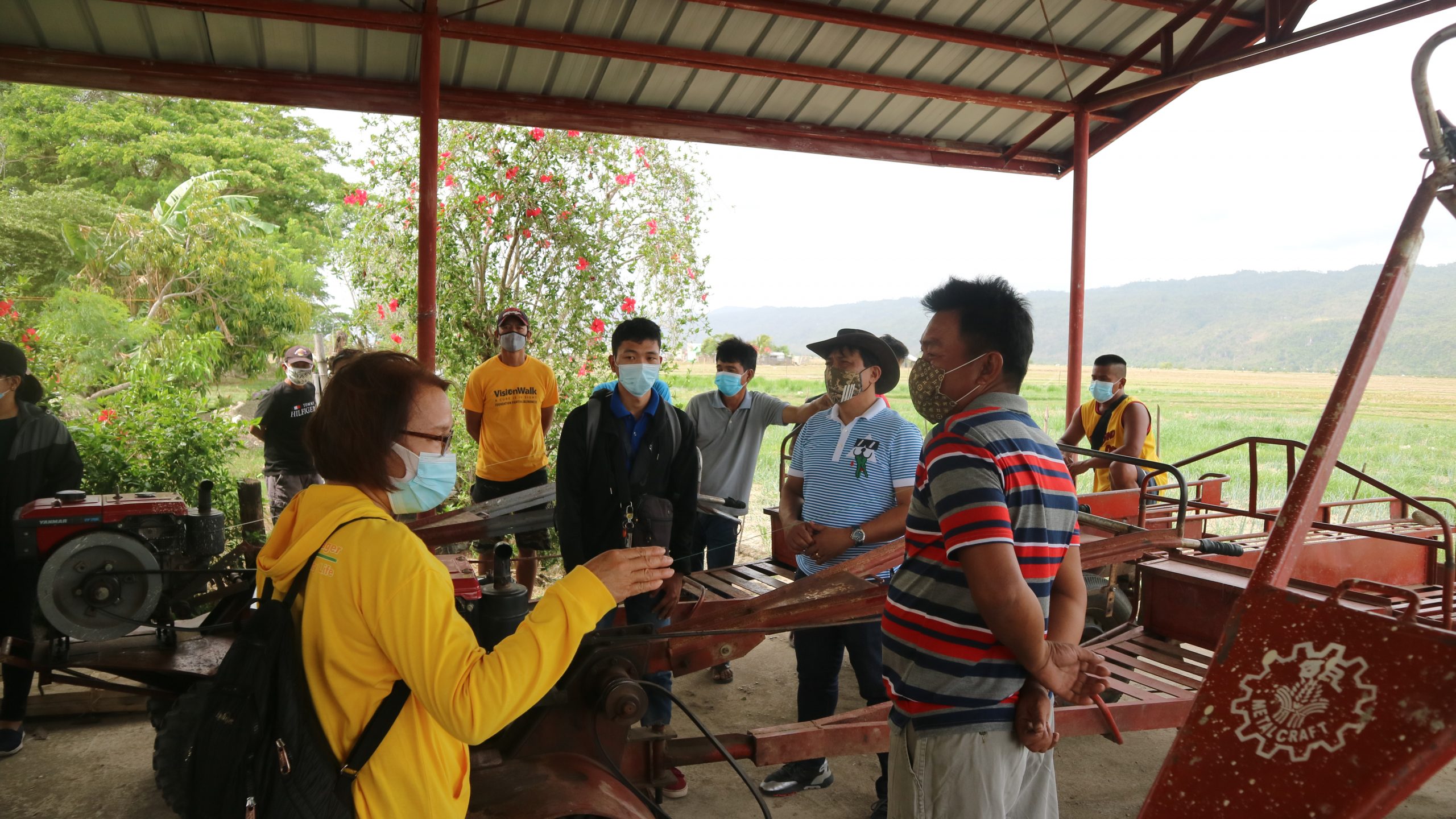
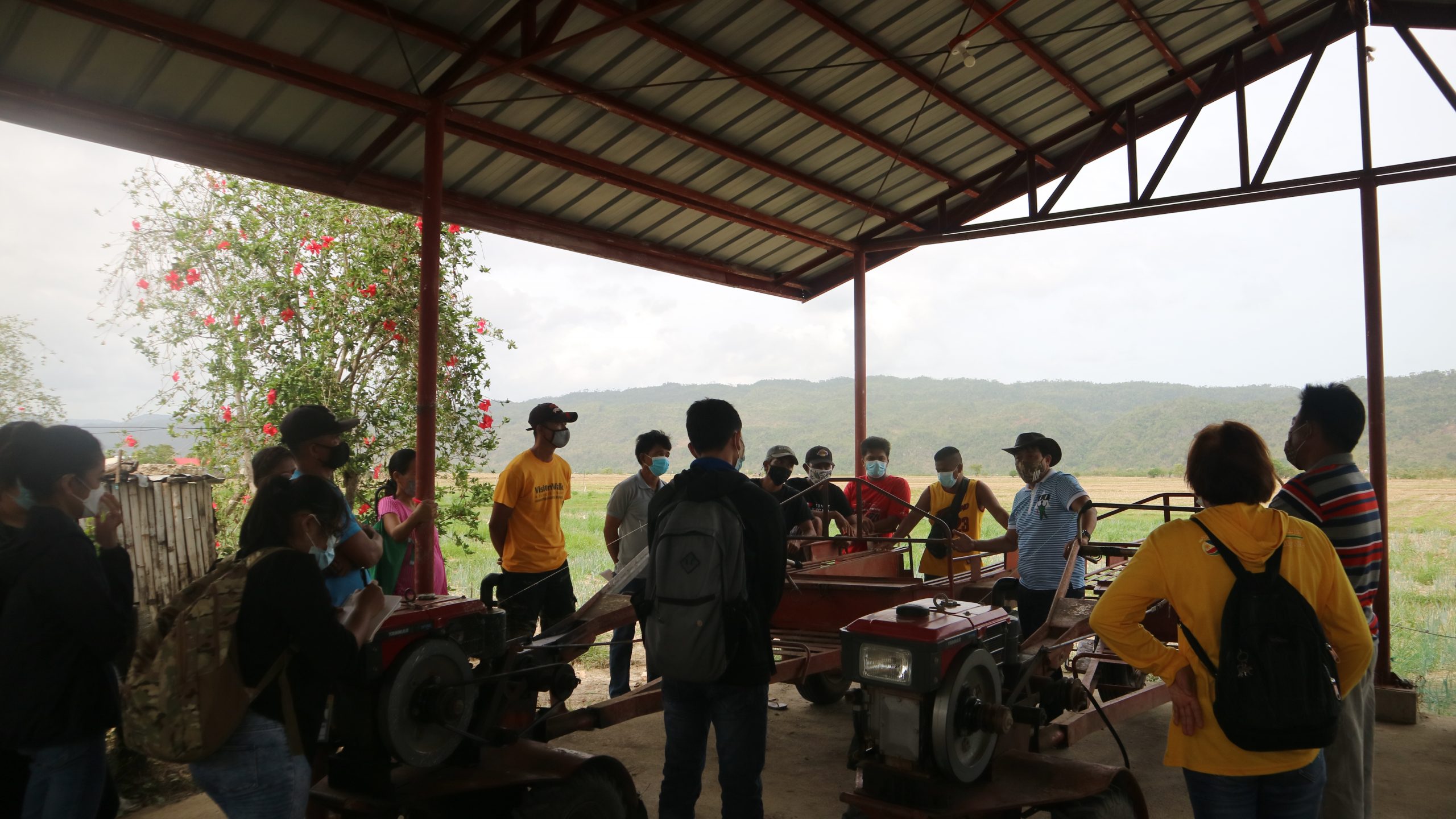
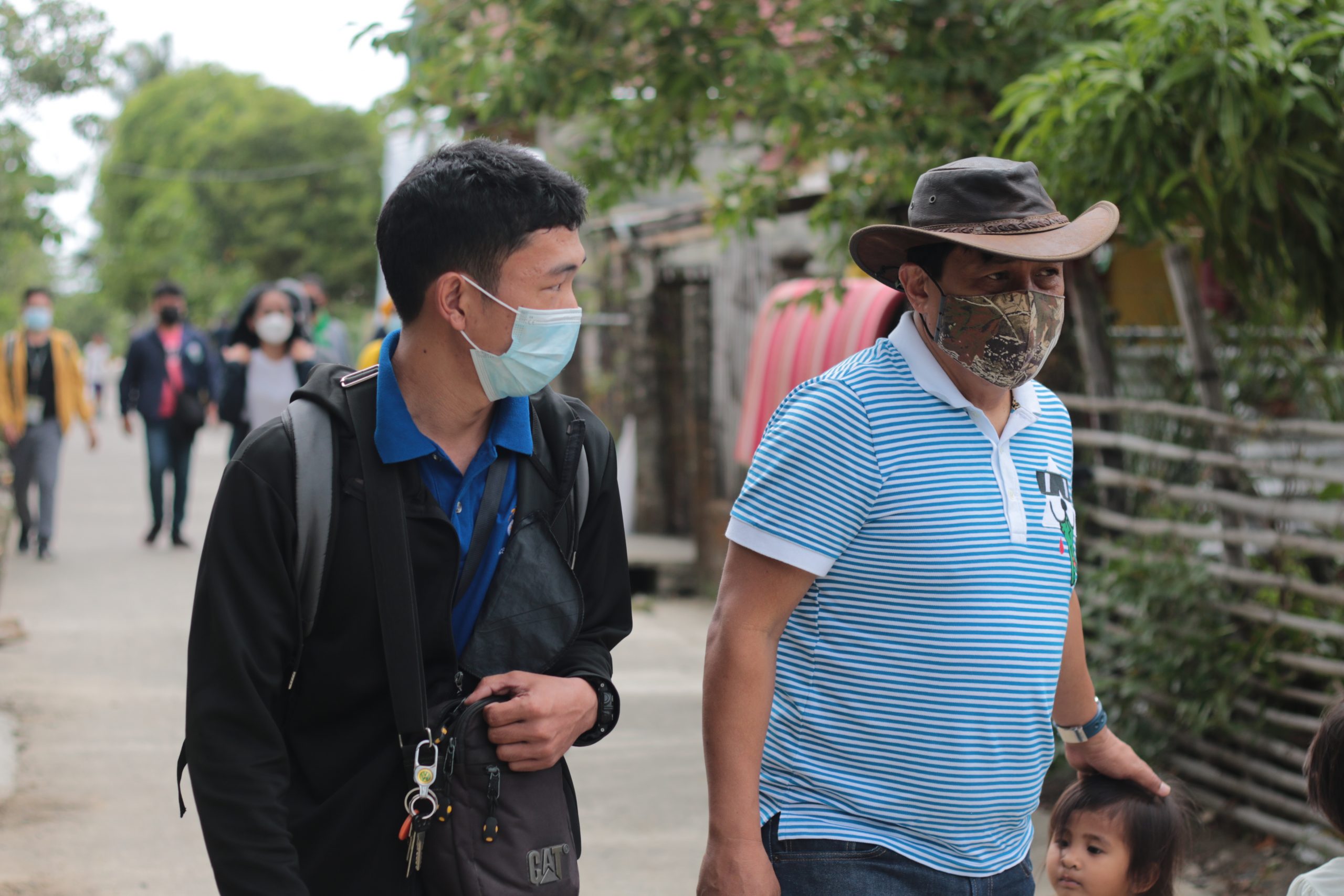
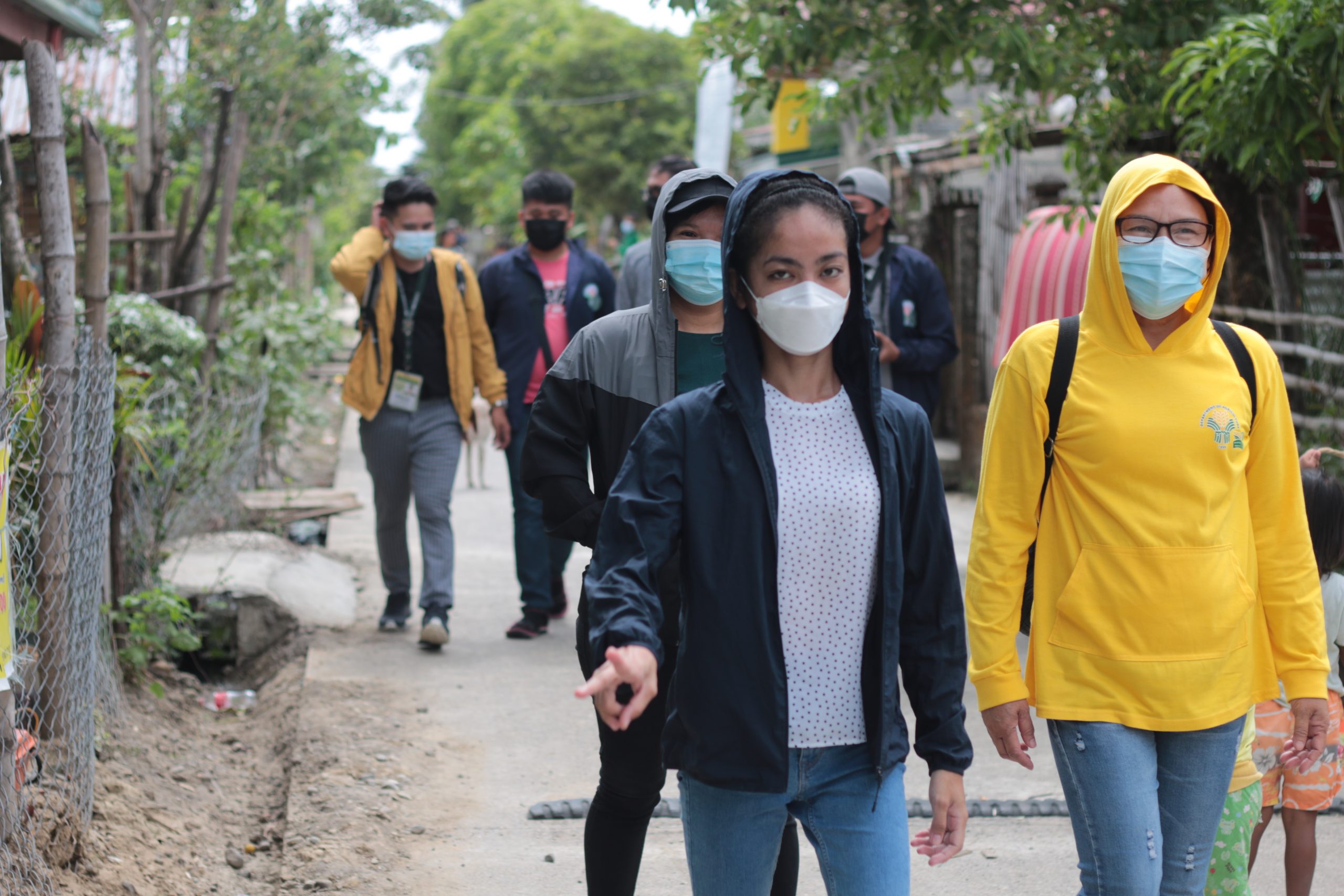
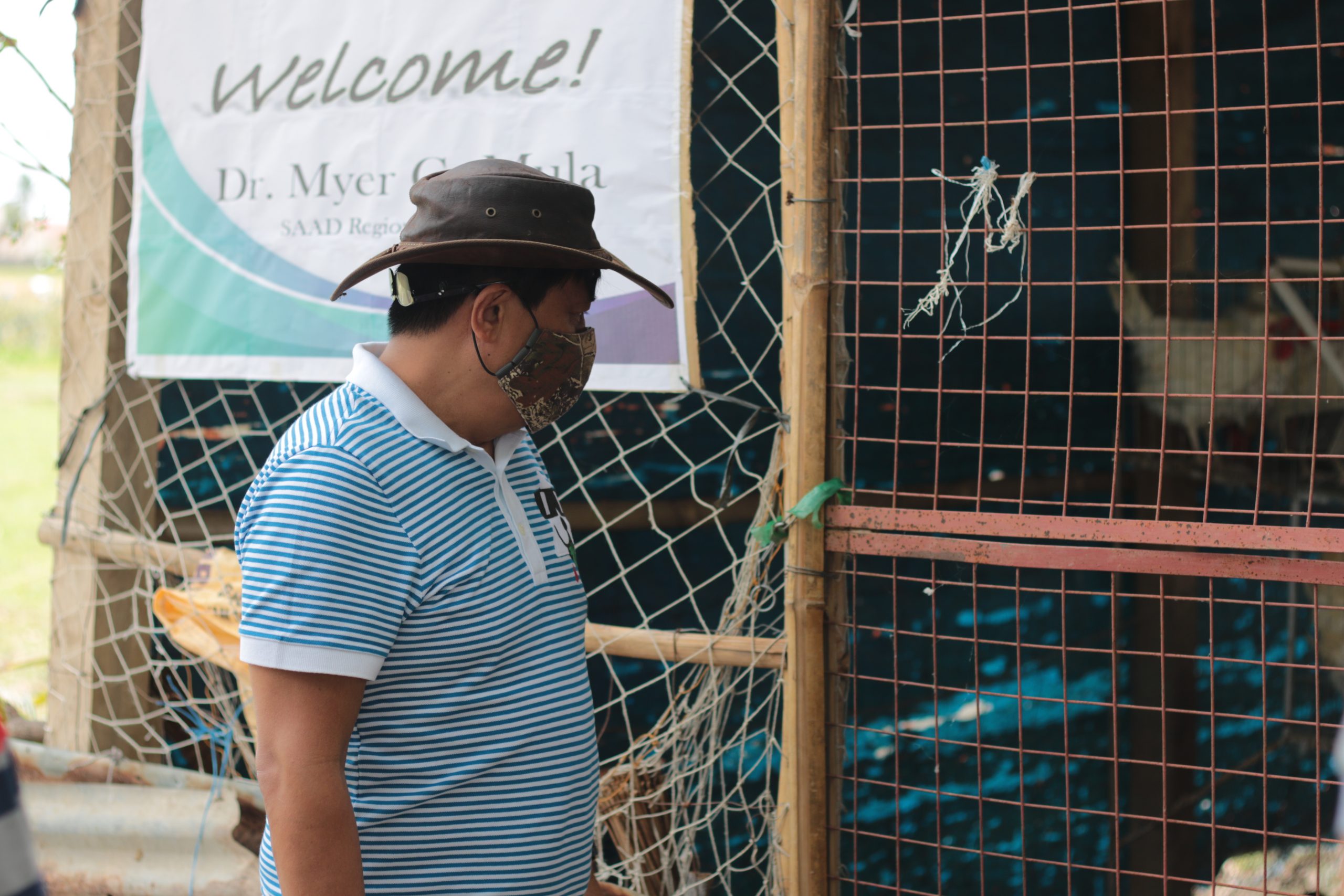
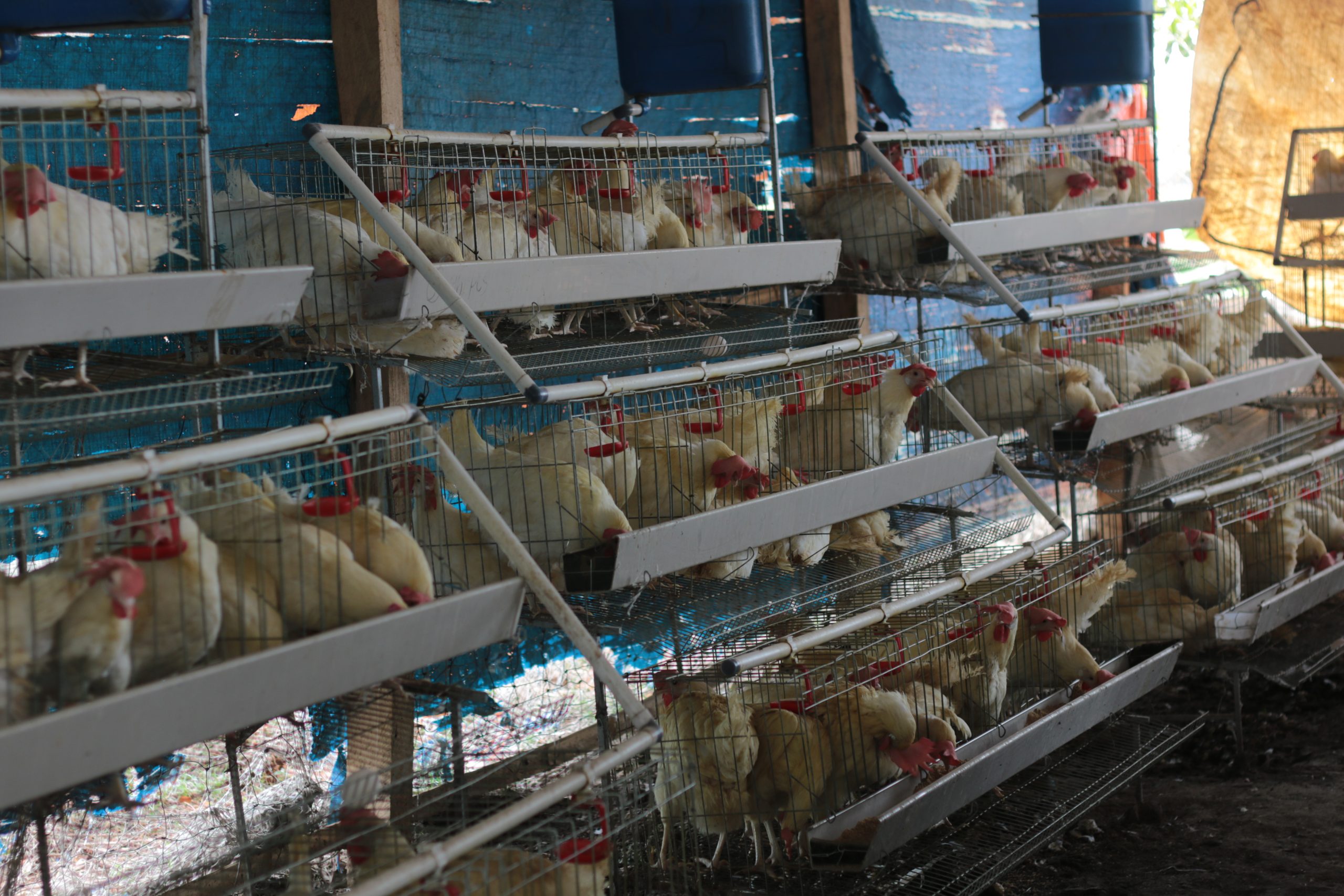
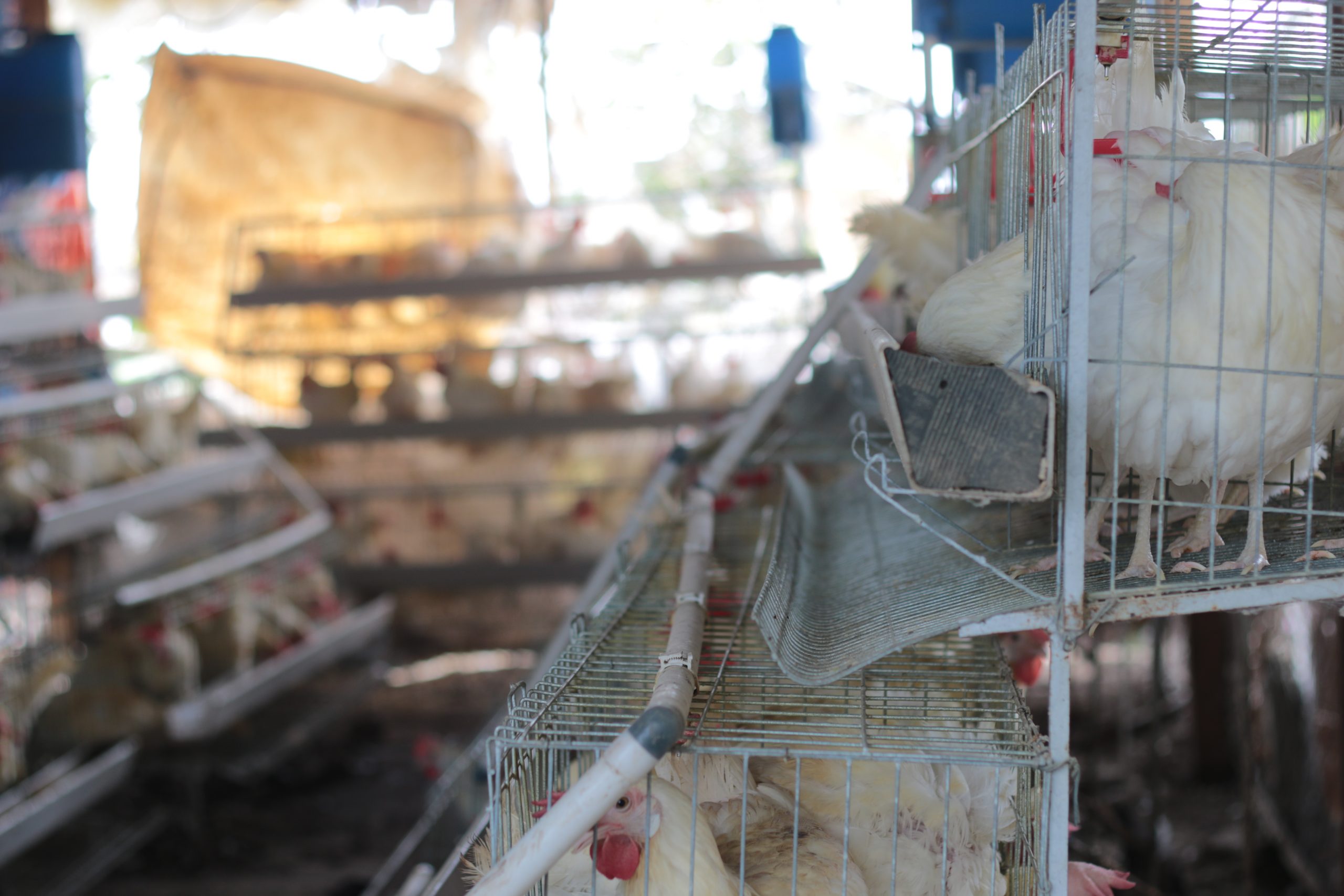
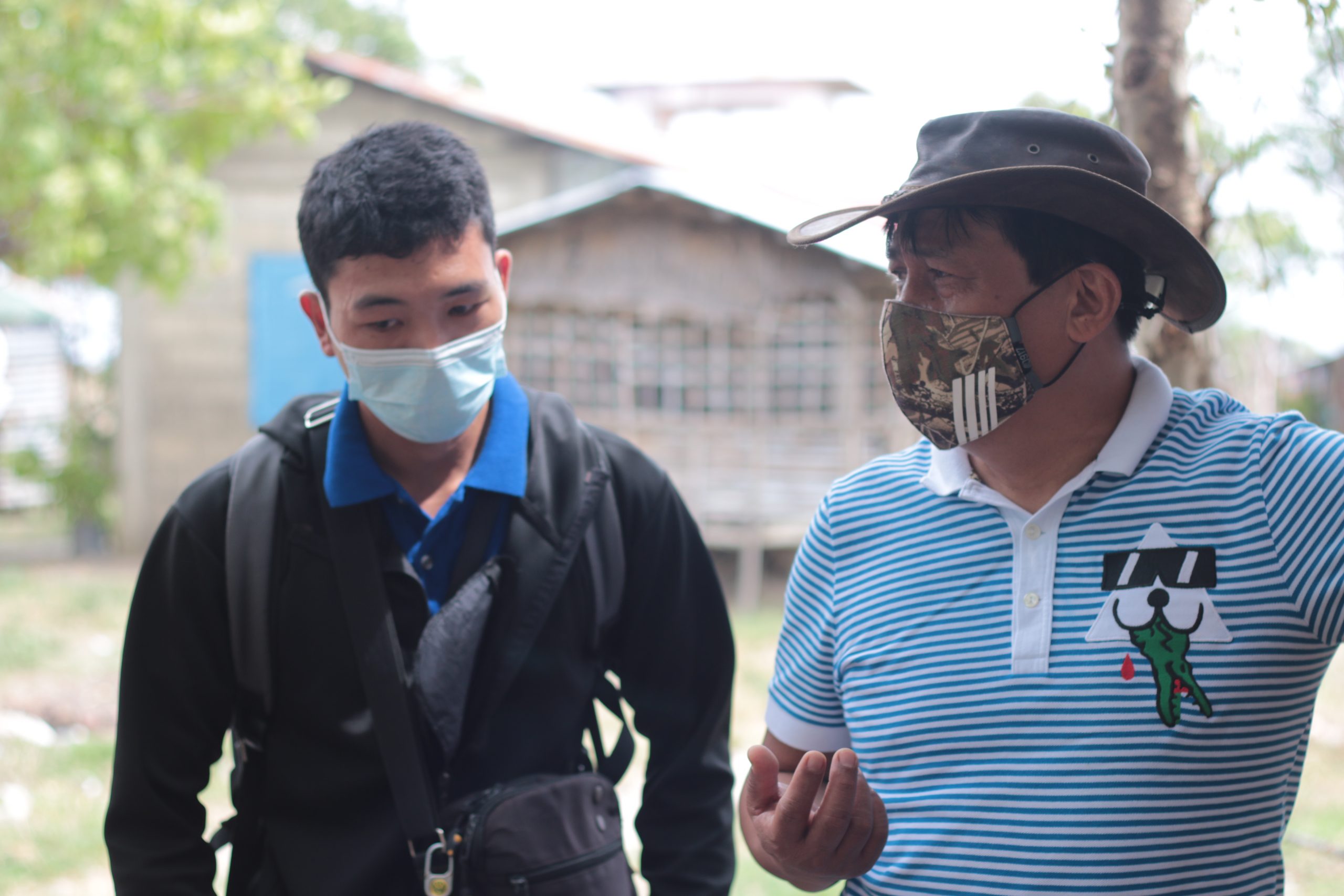
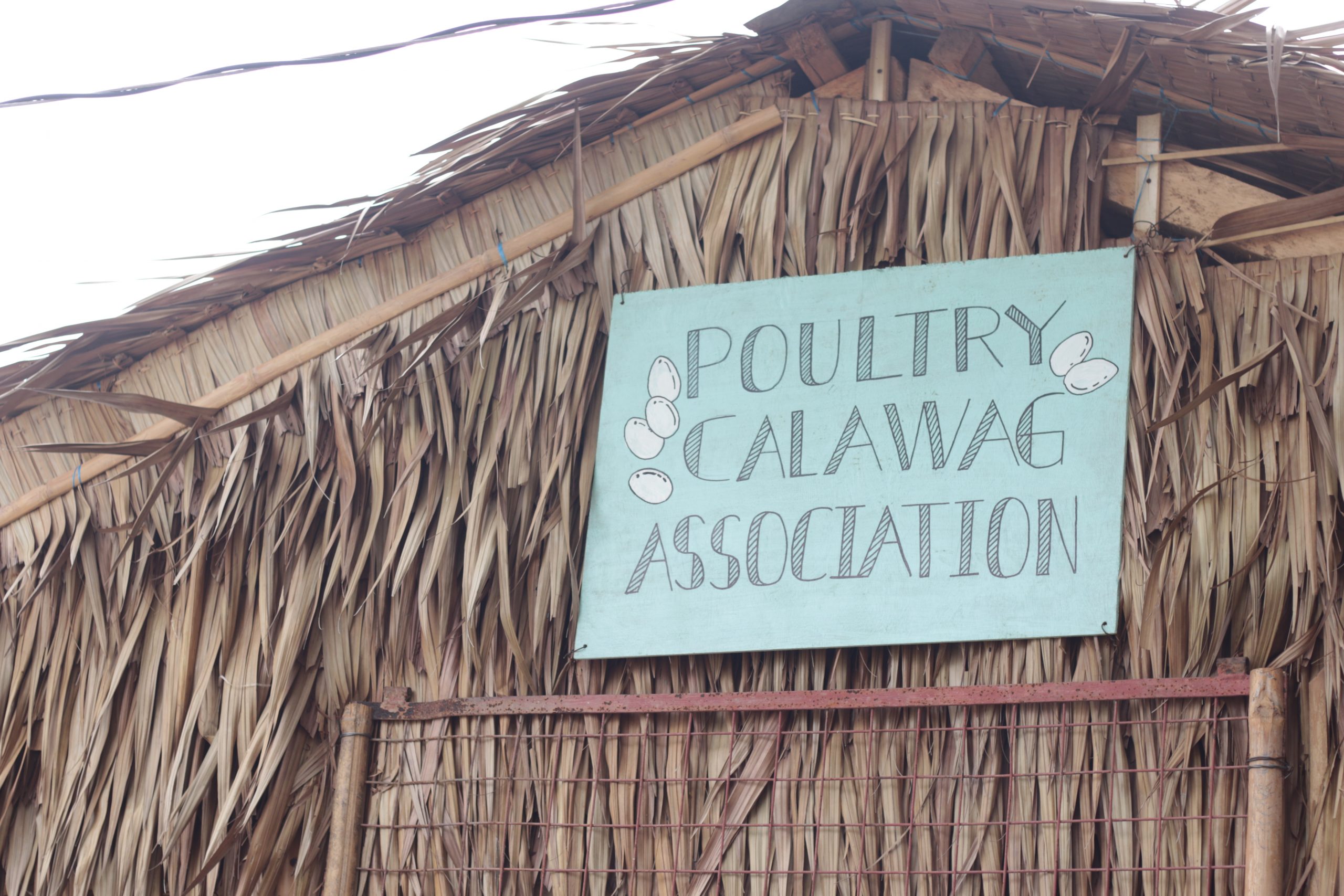
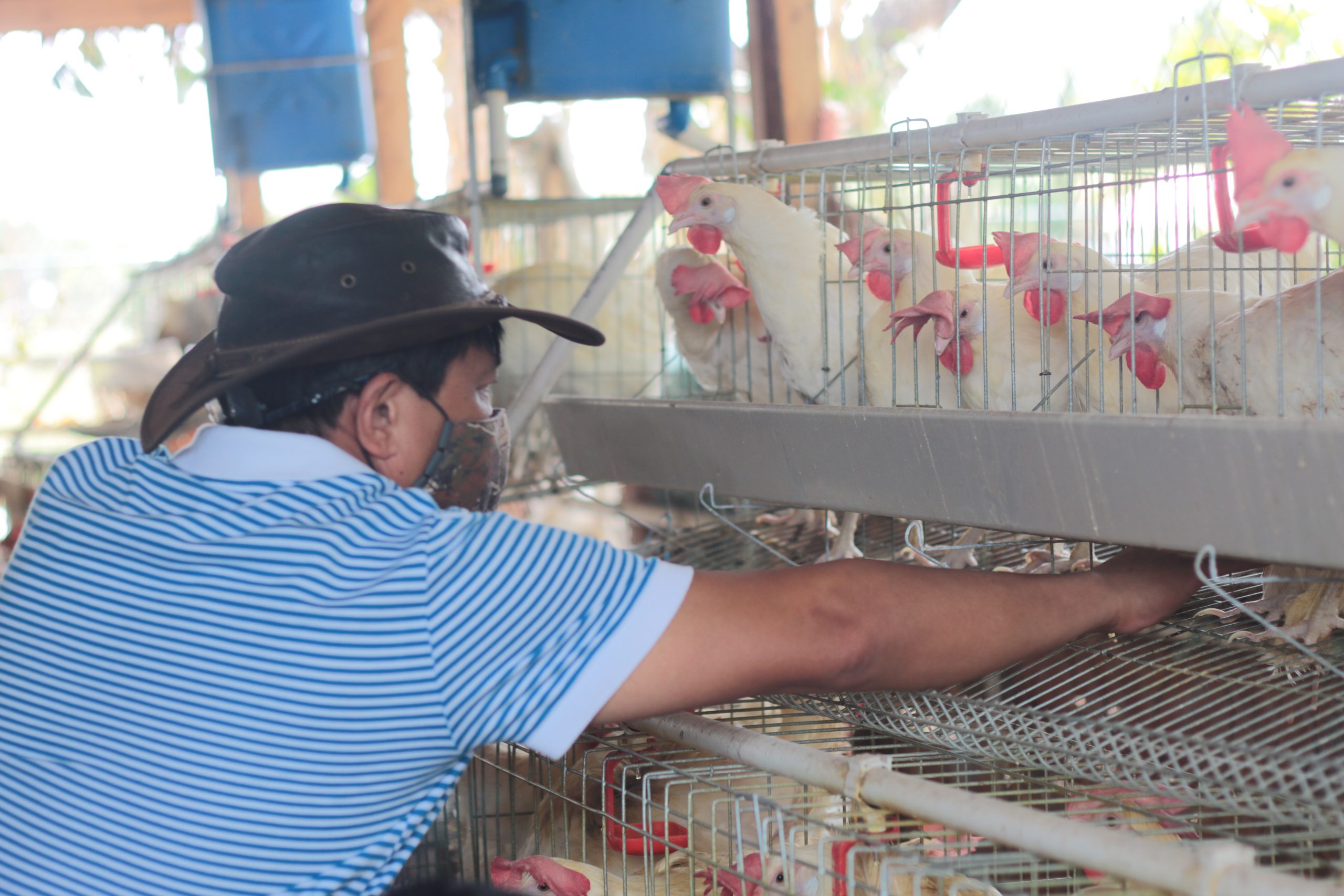
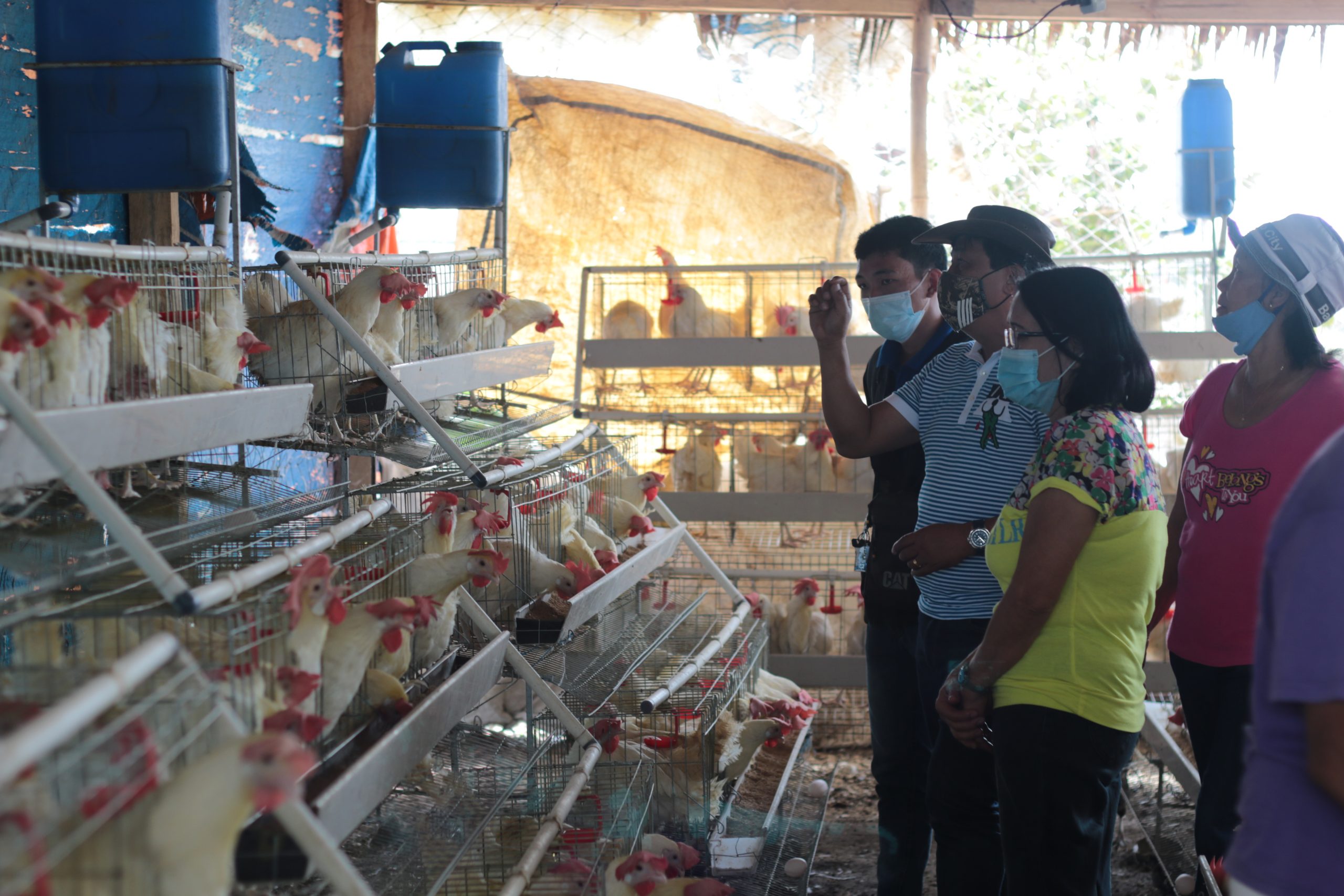
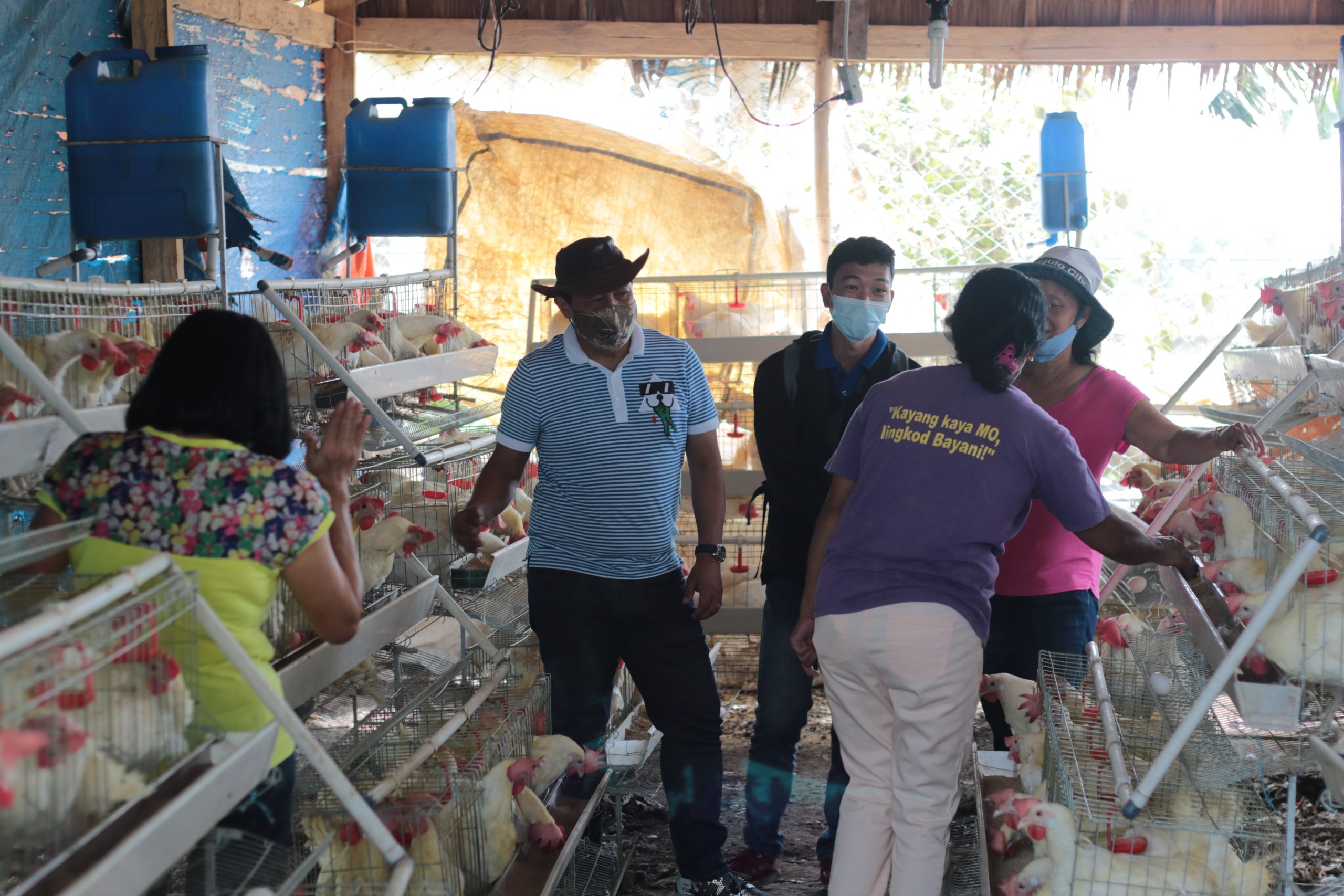
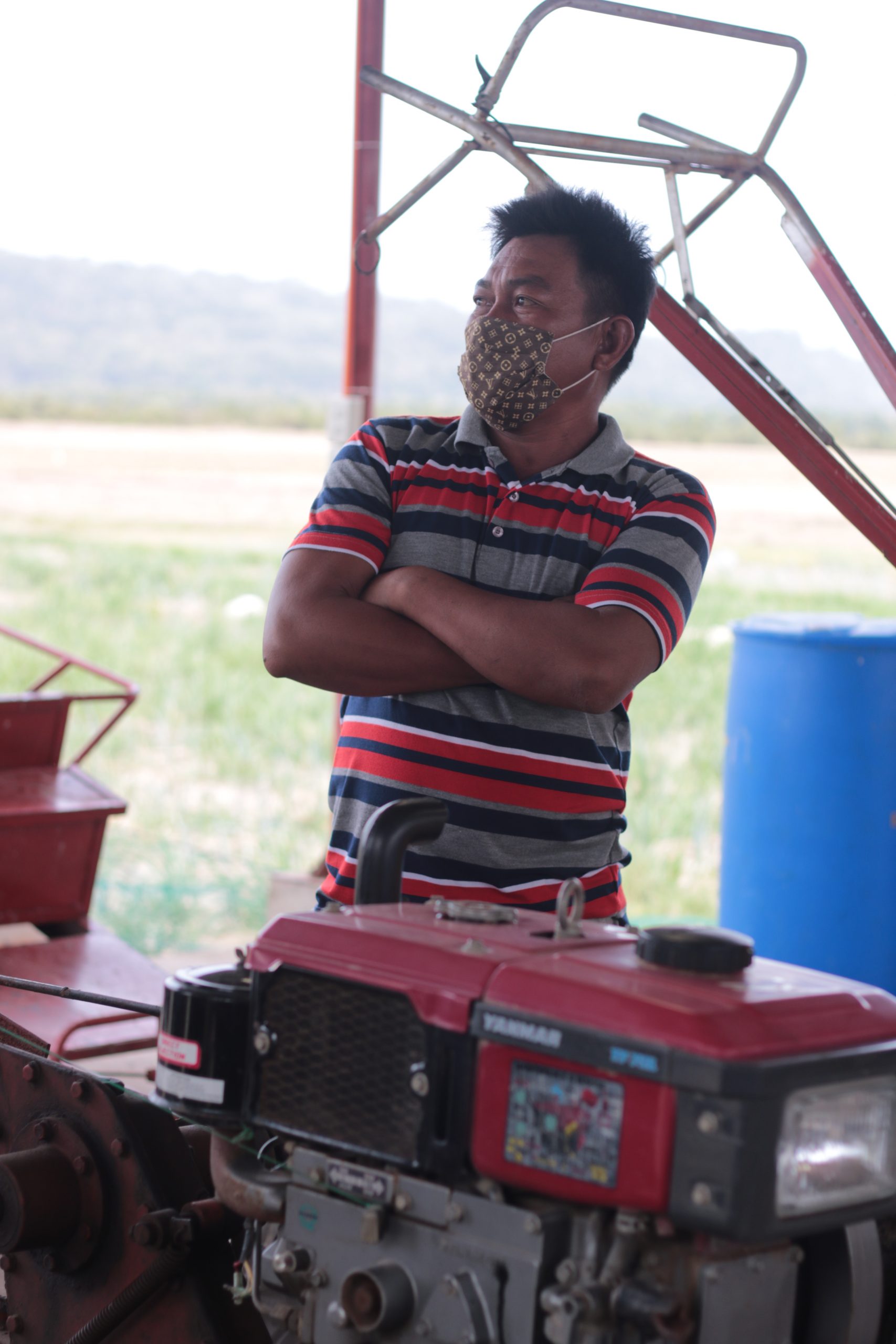
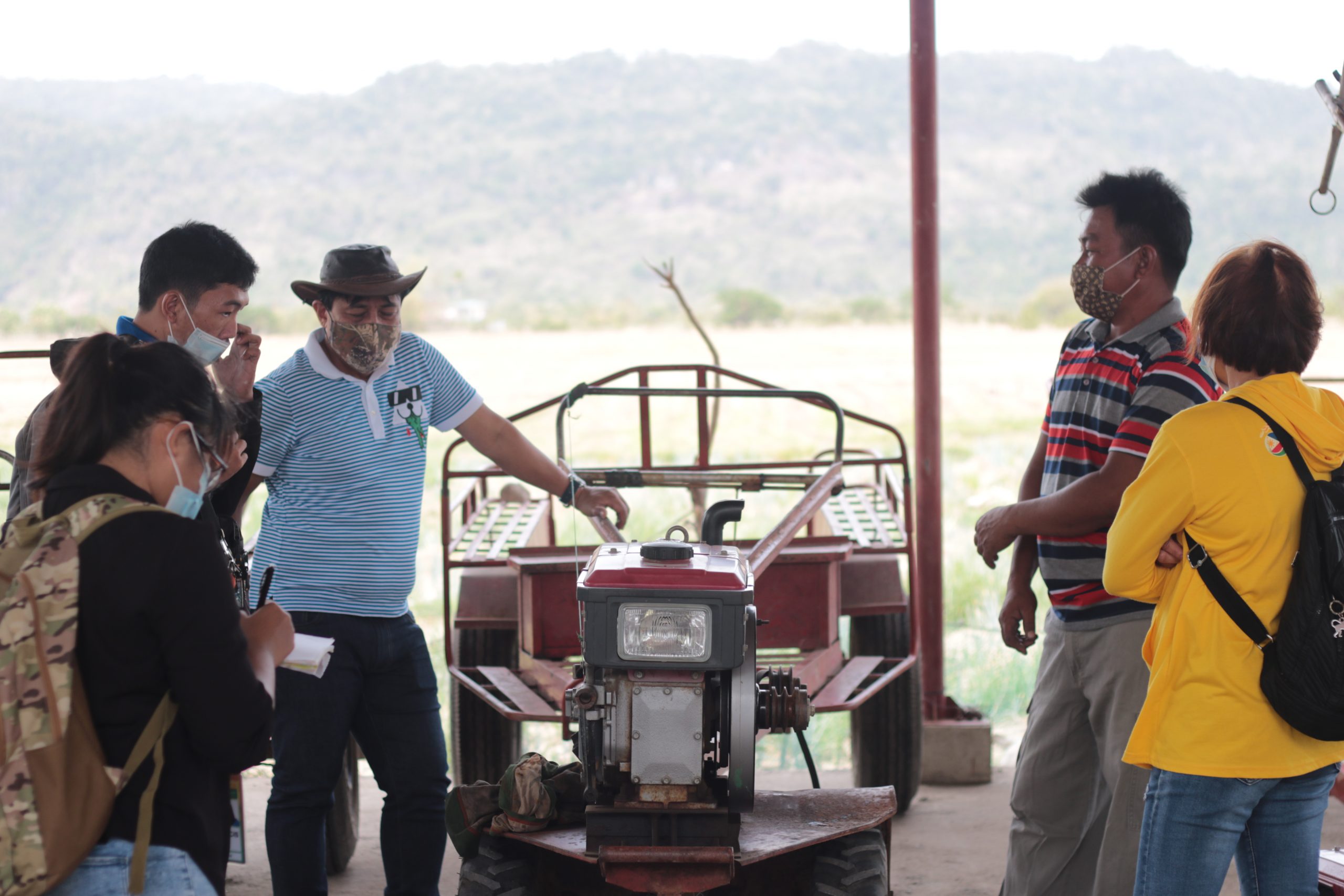
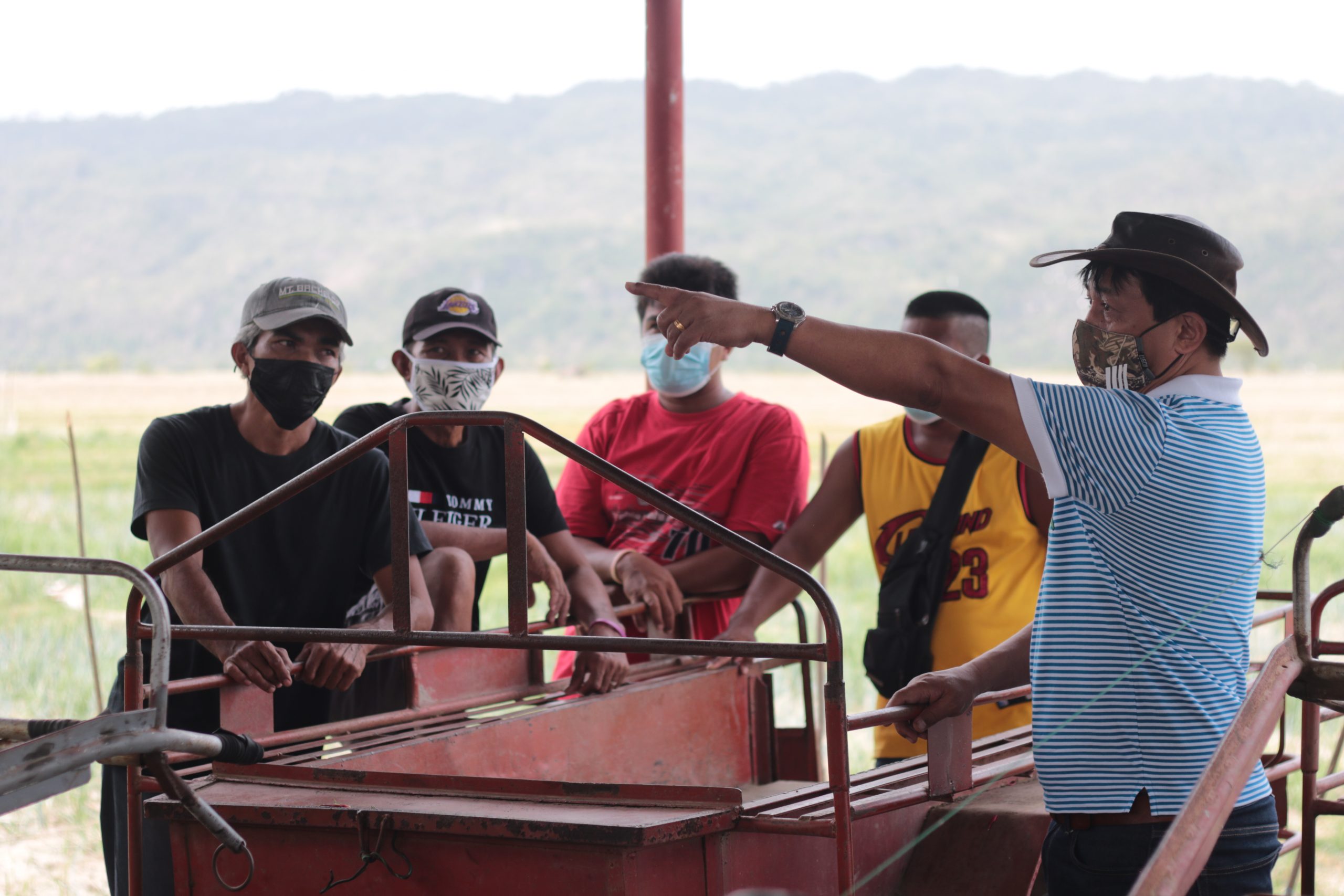
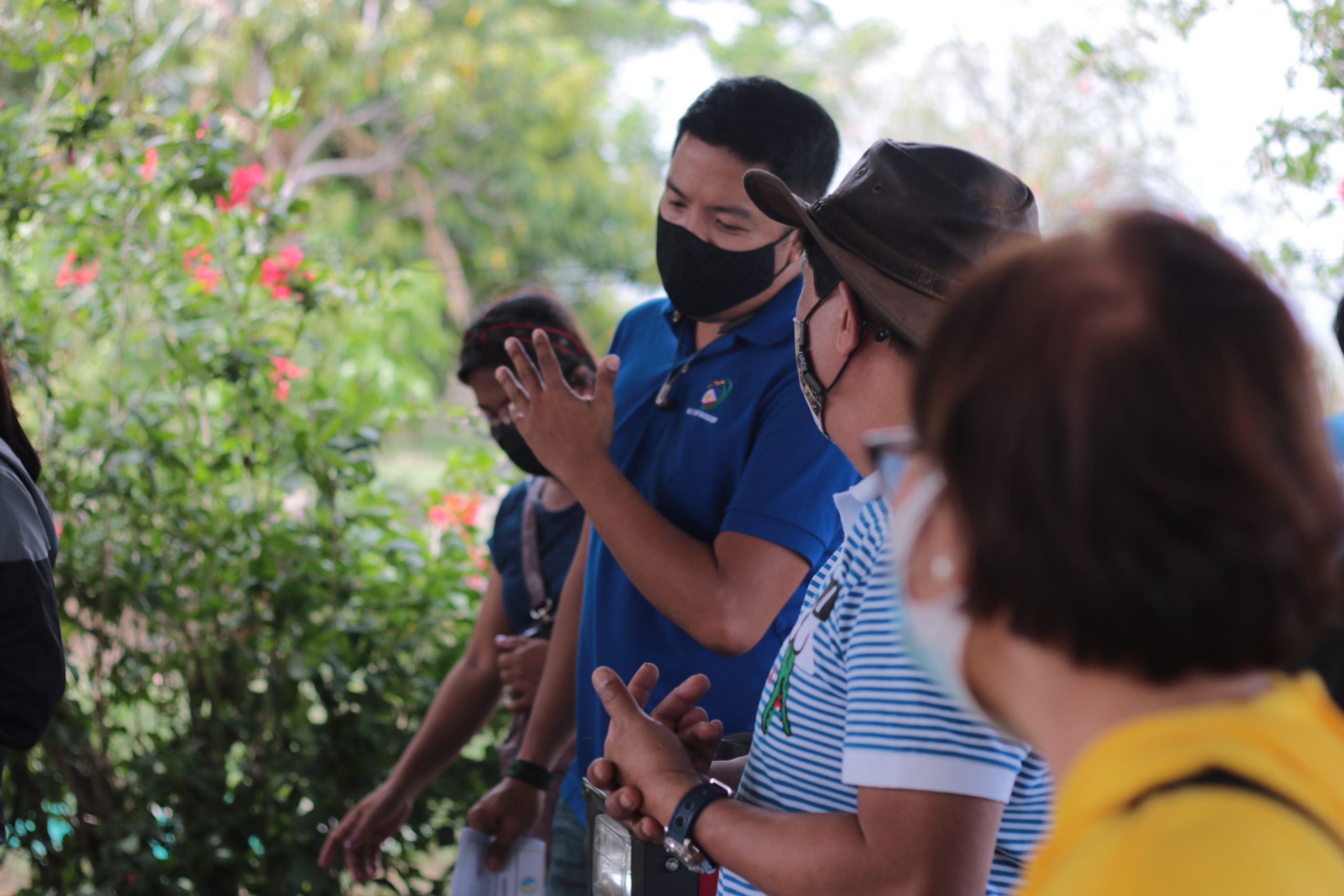
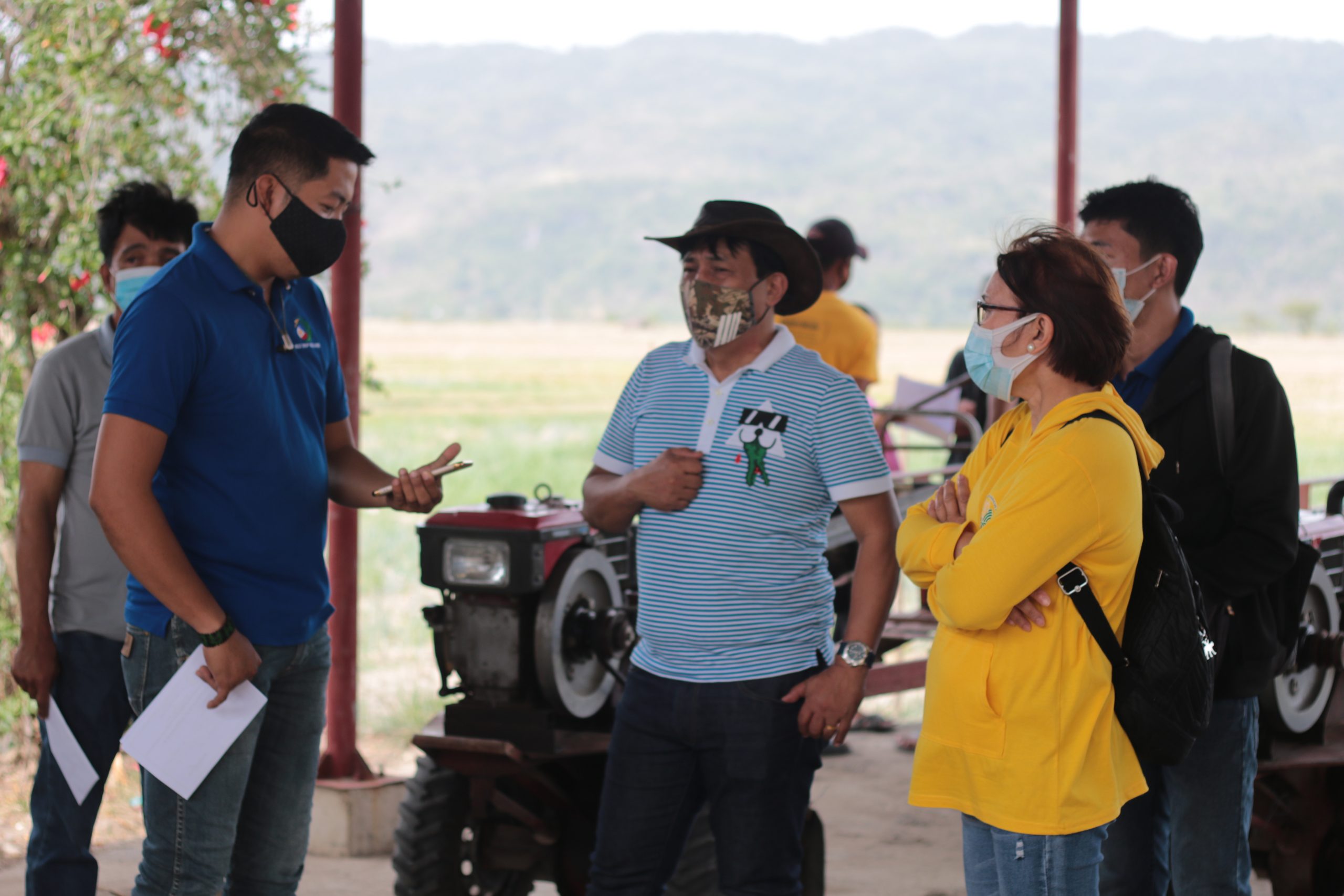
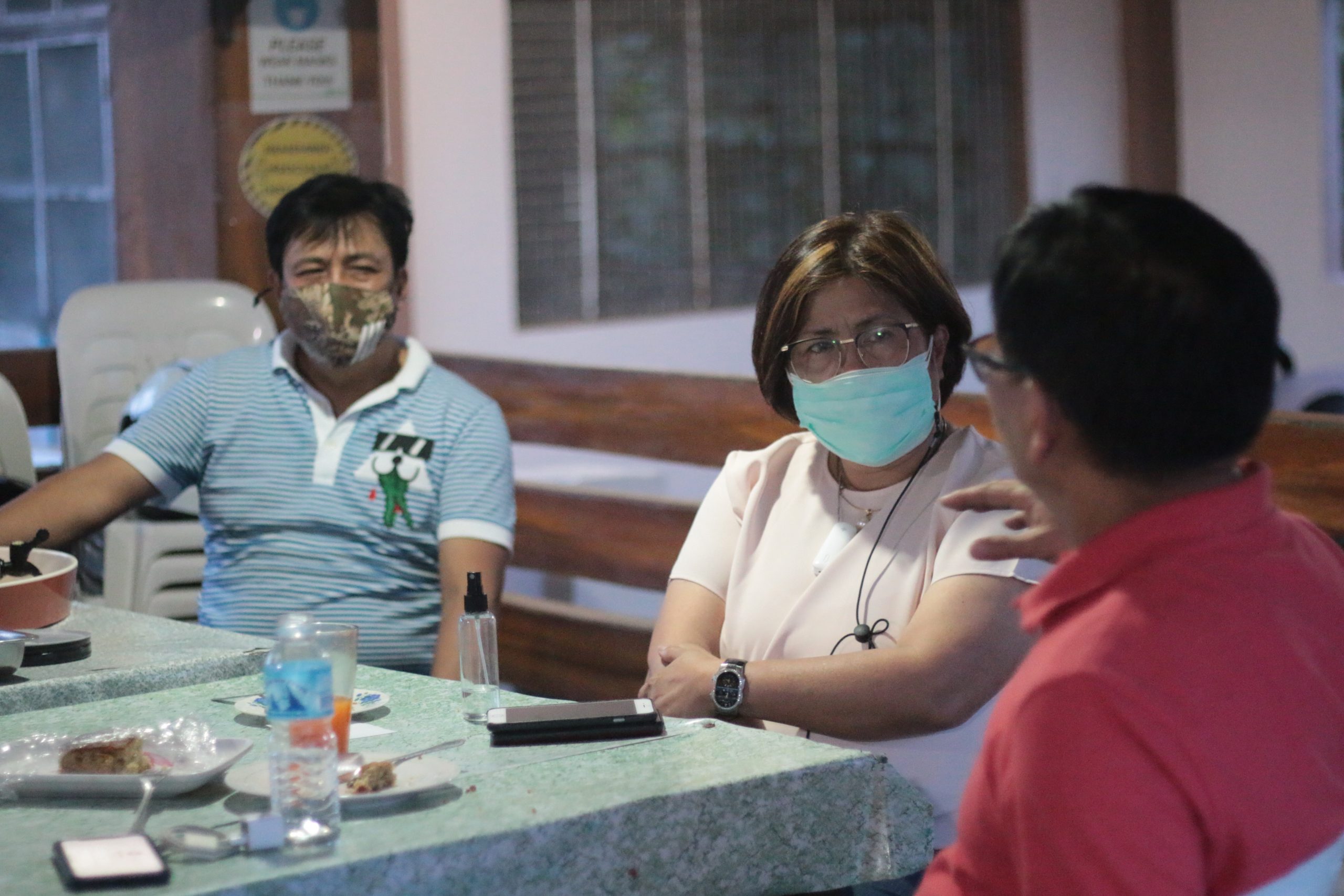
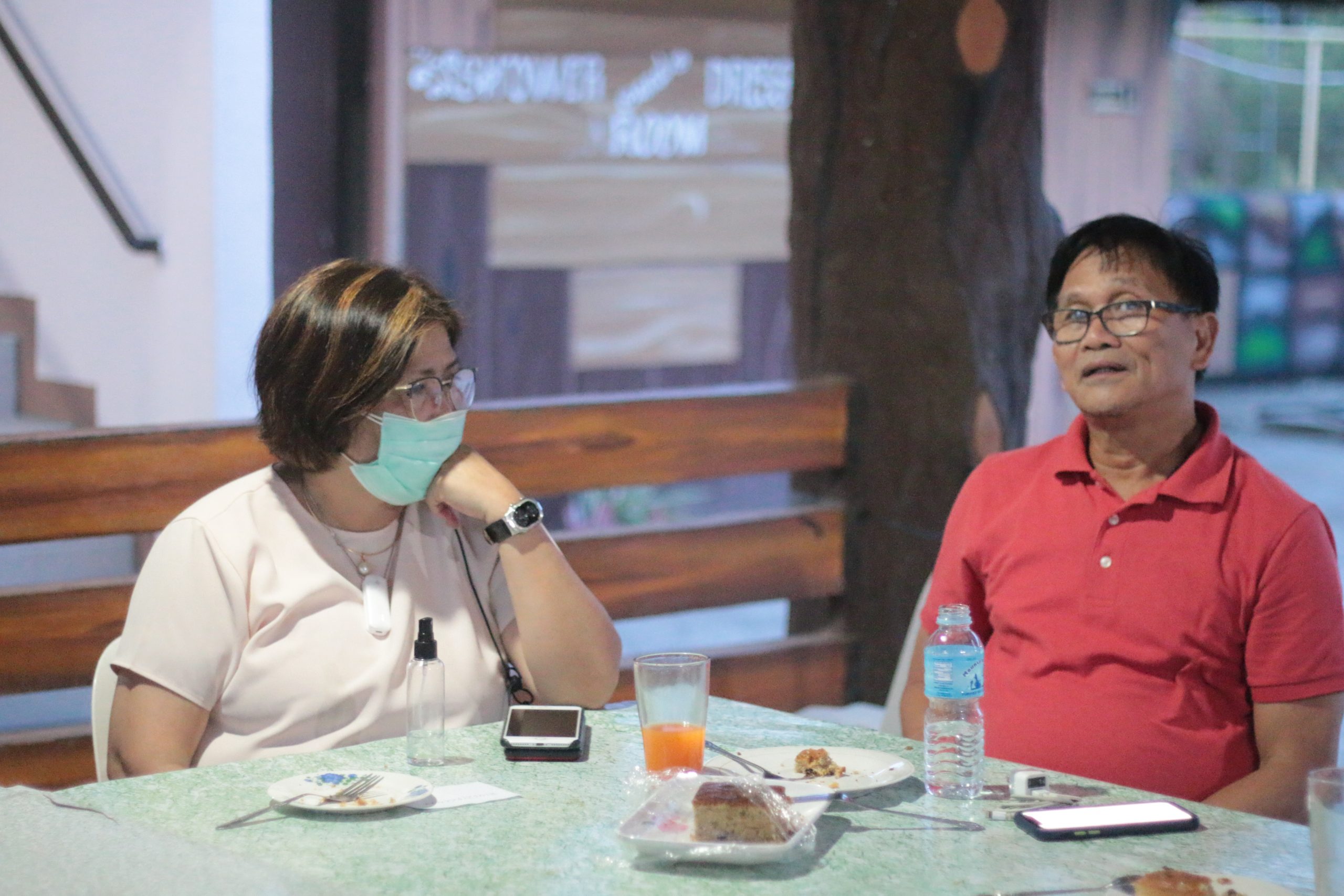
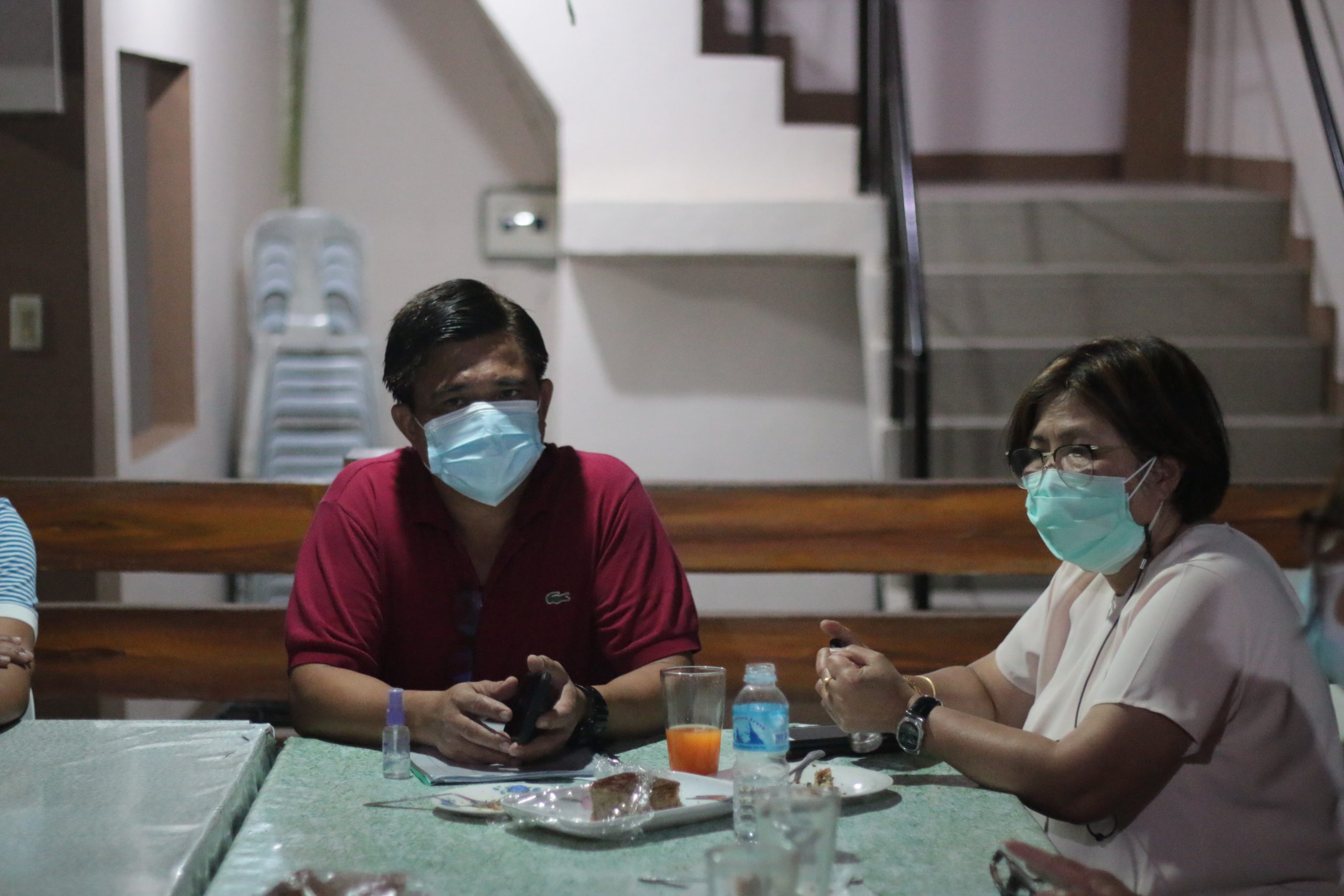
Comments (0)